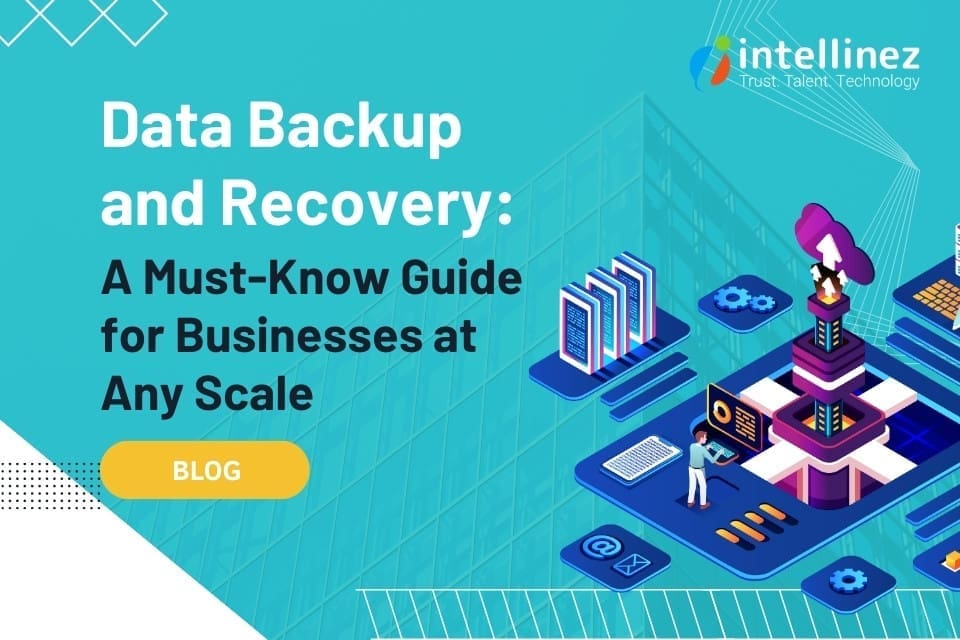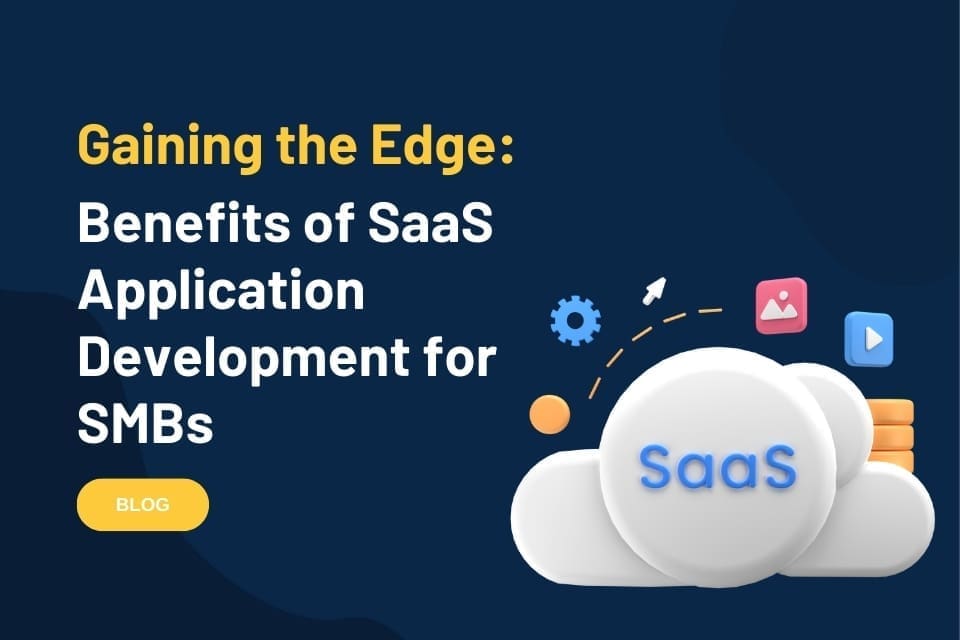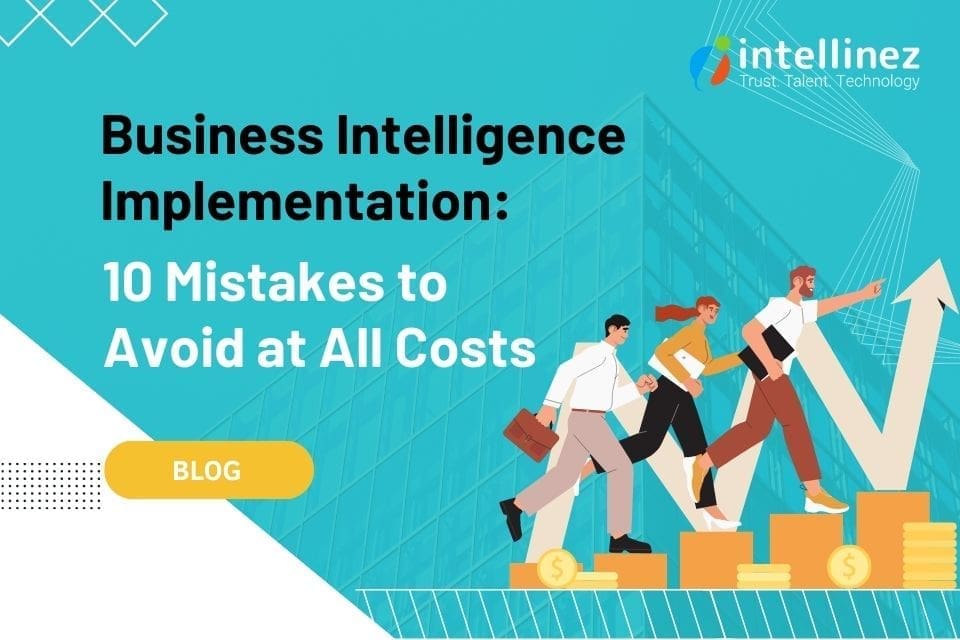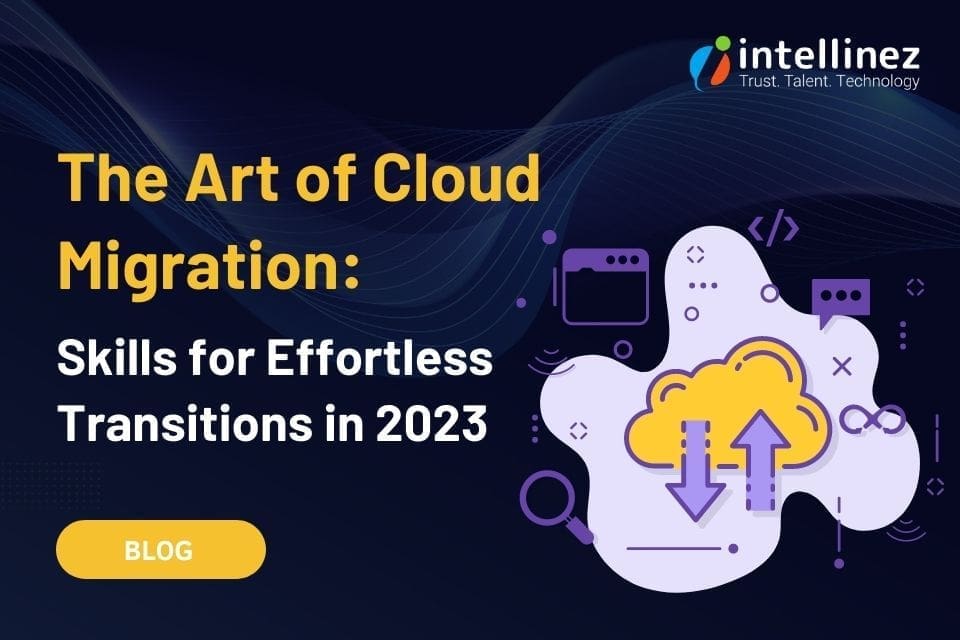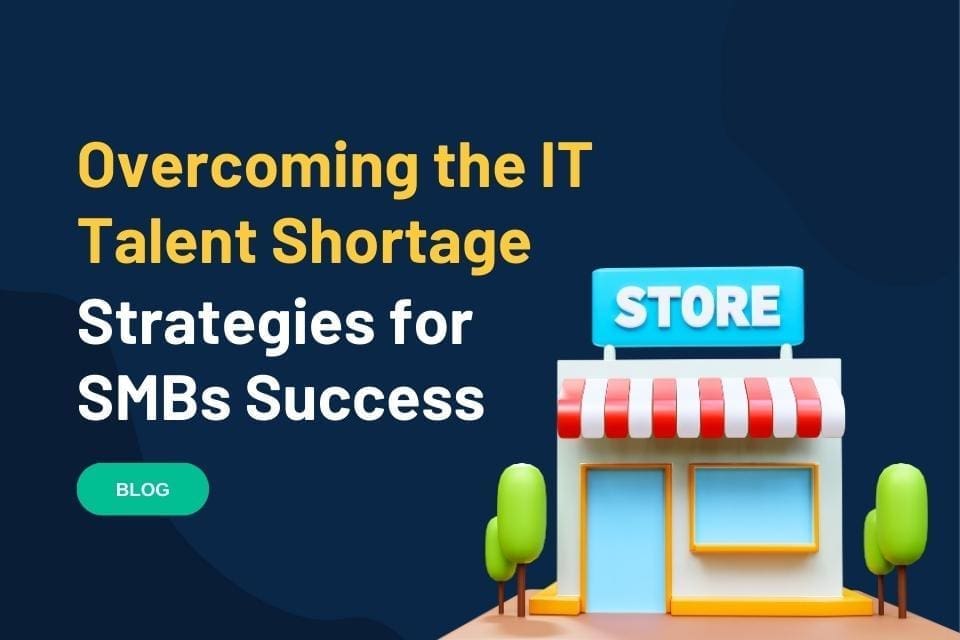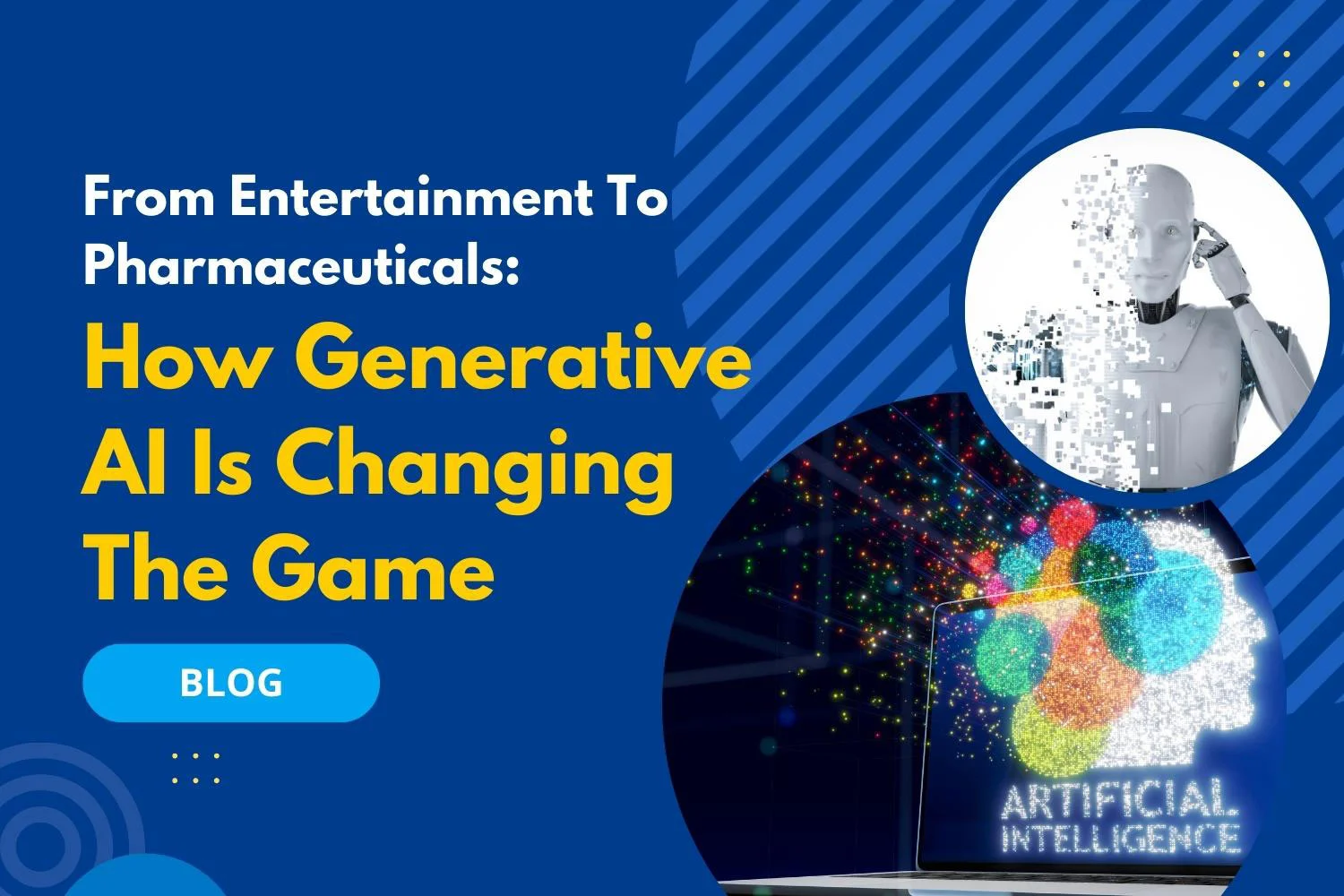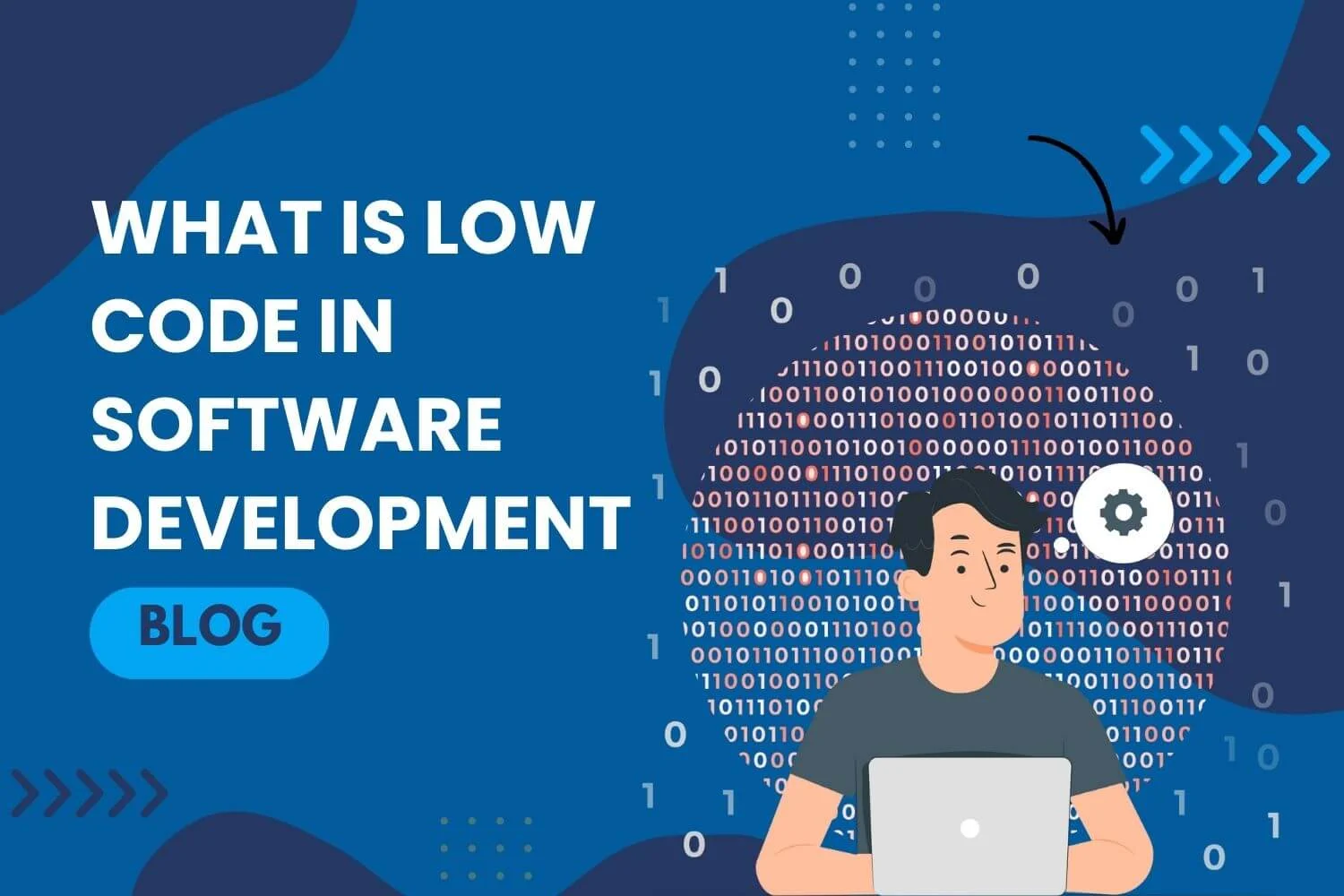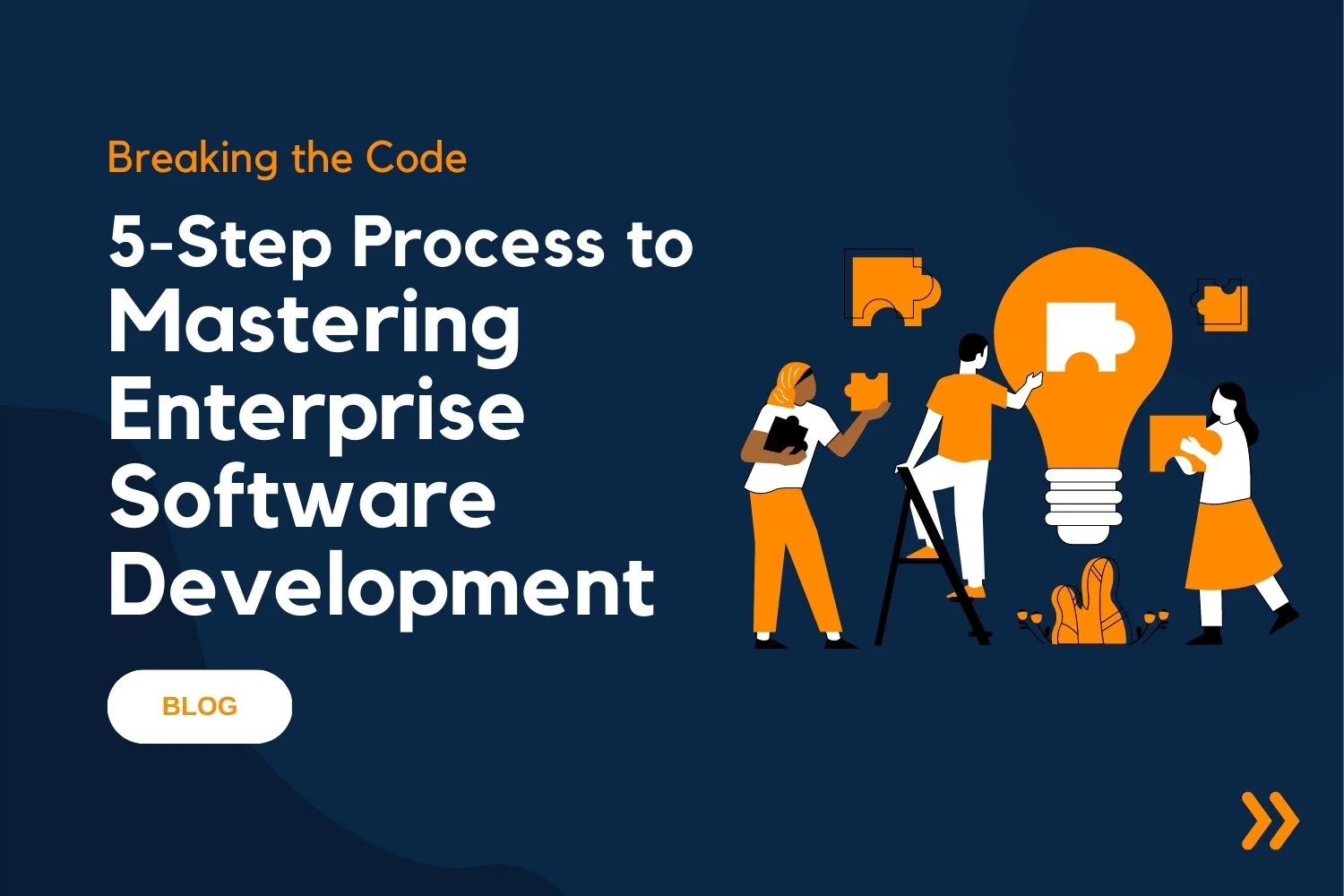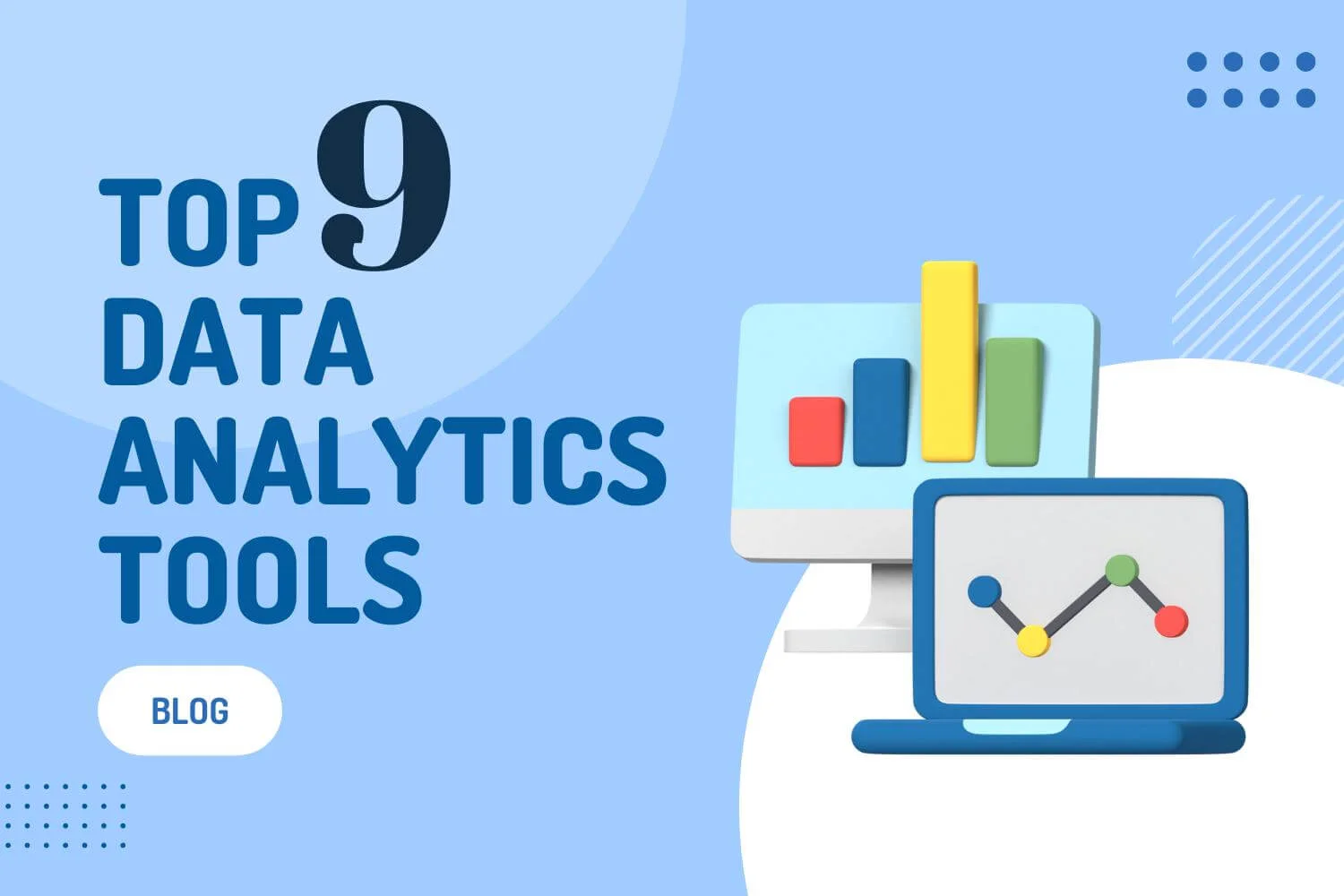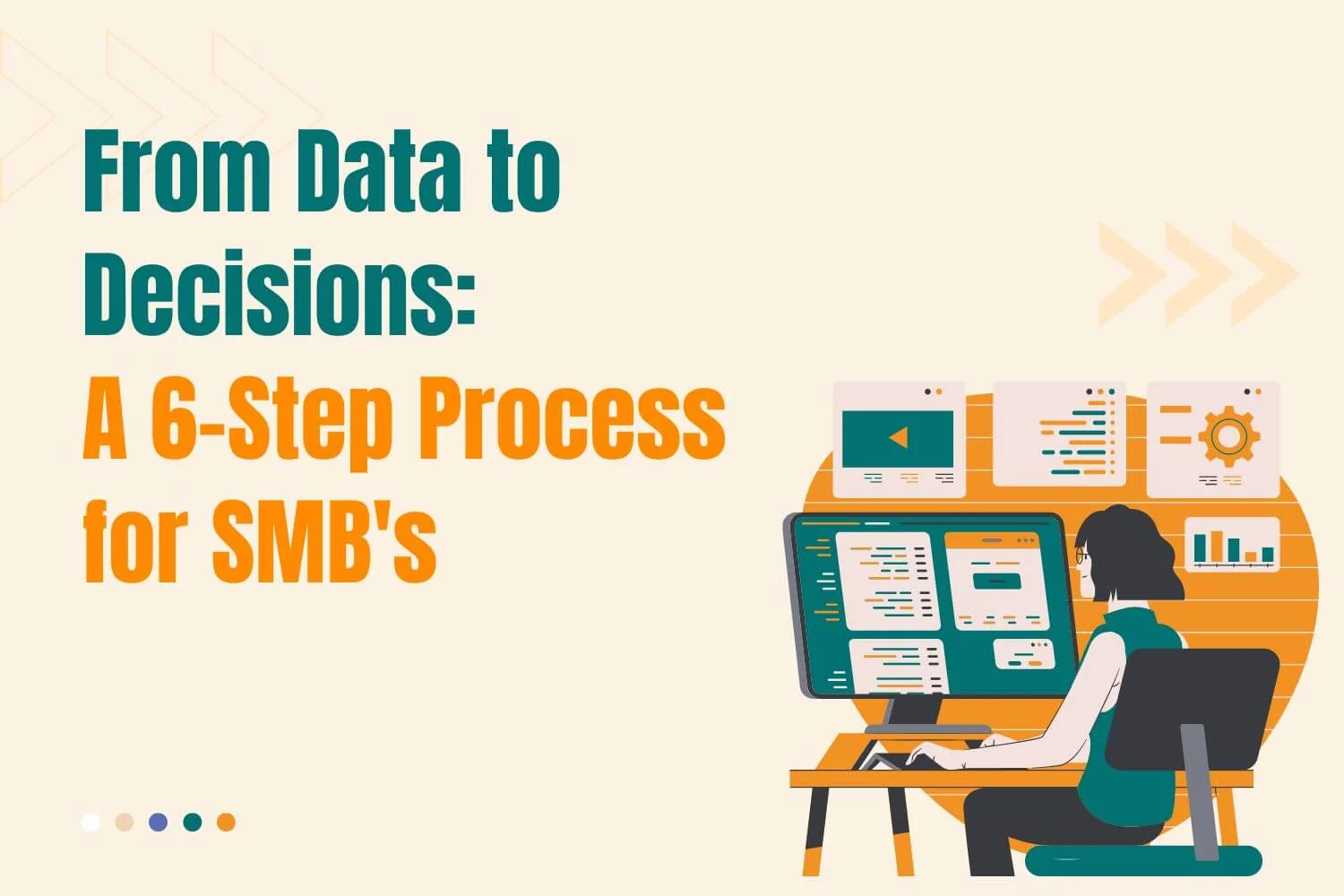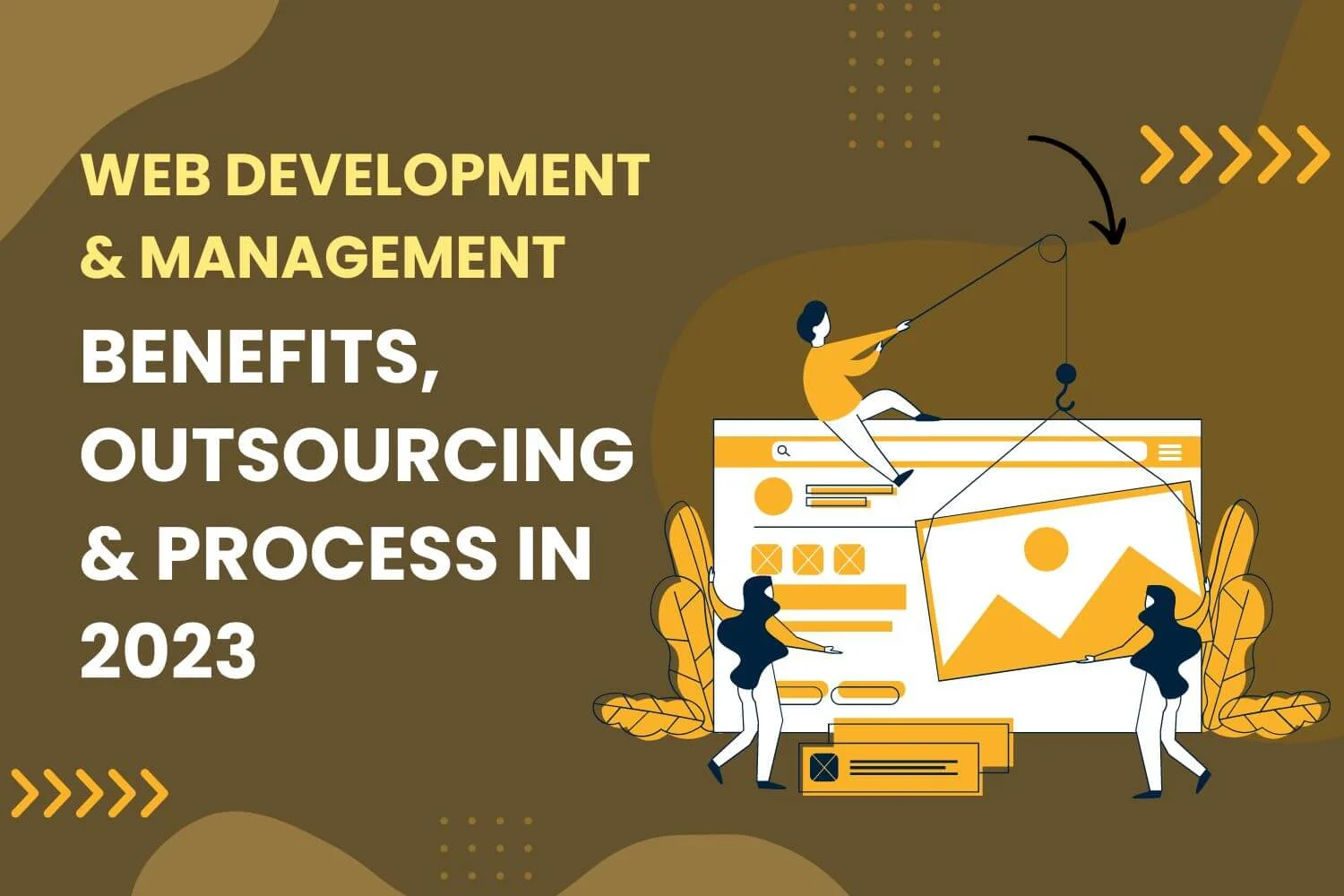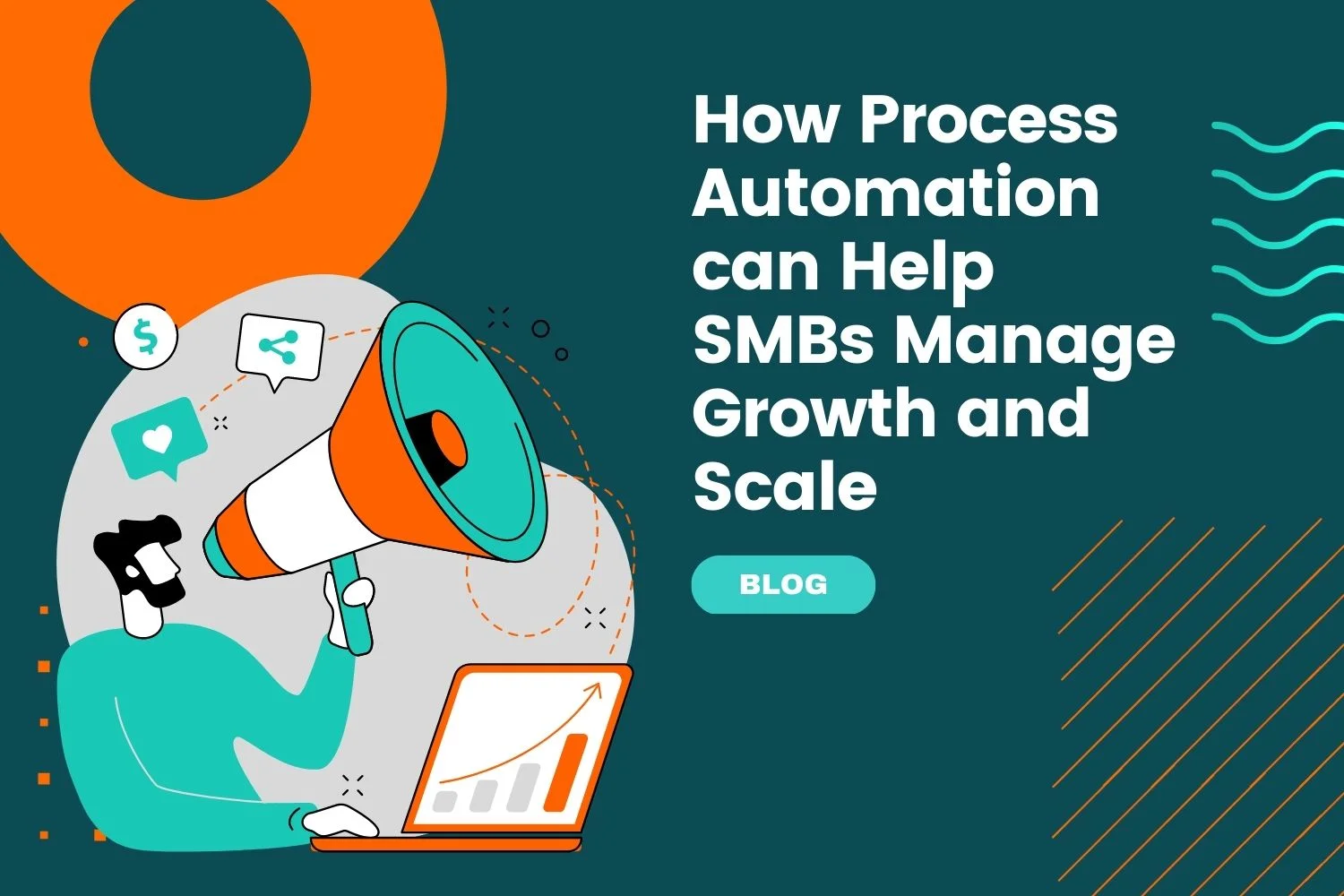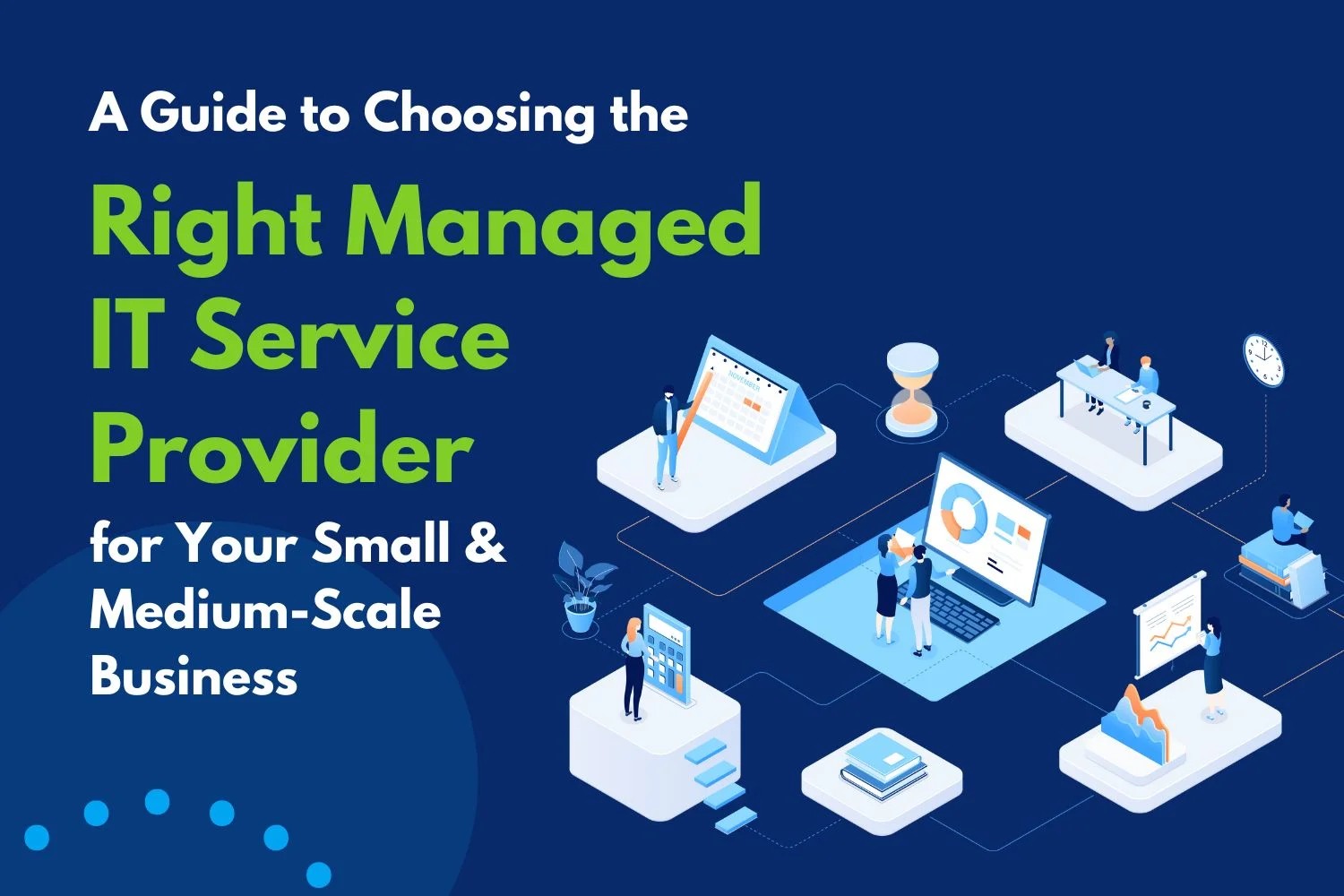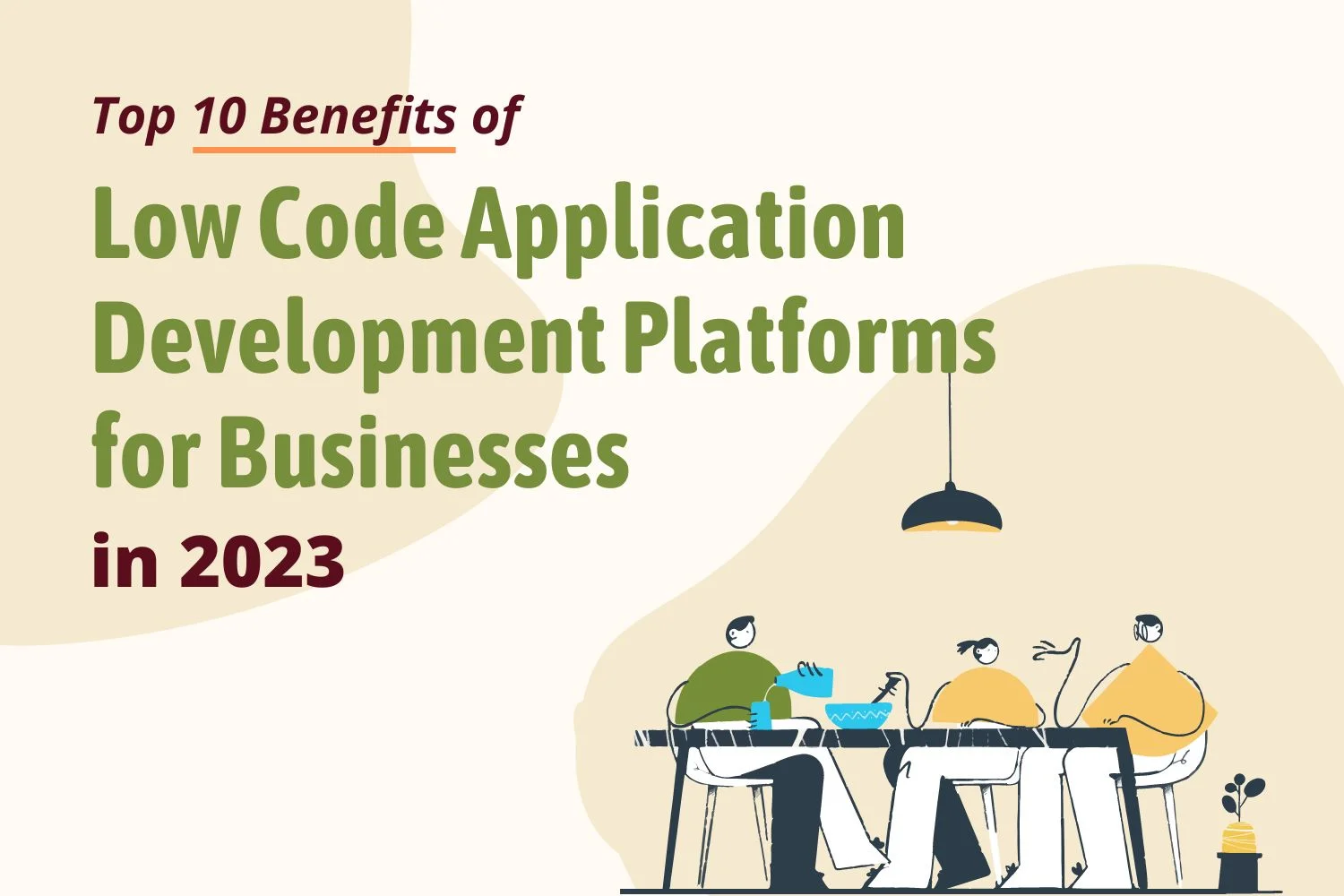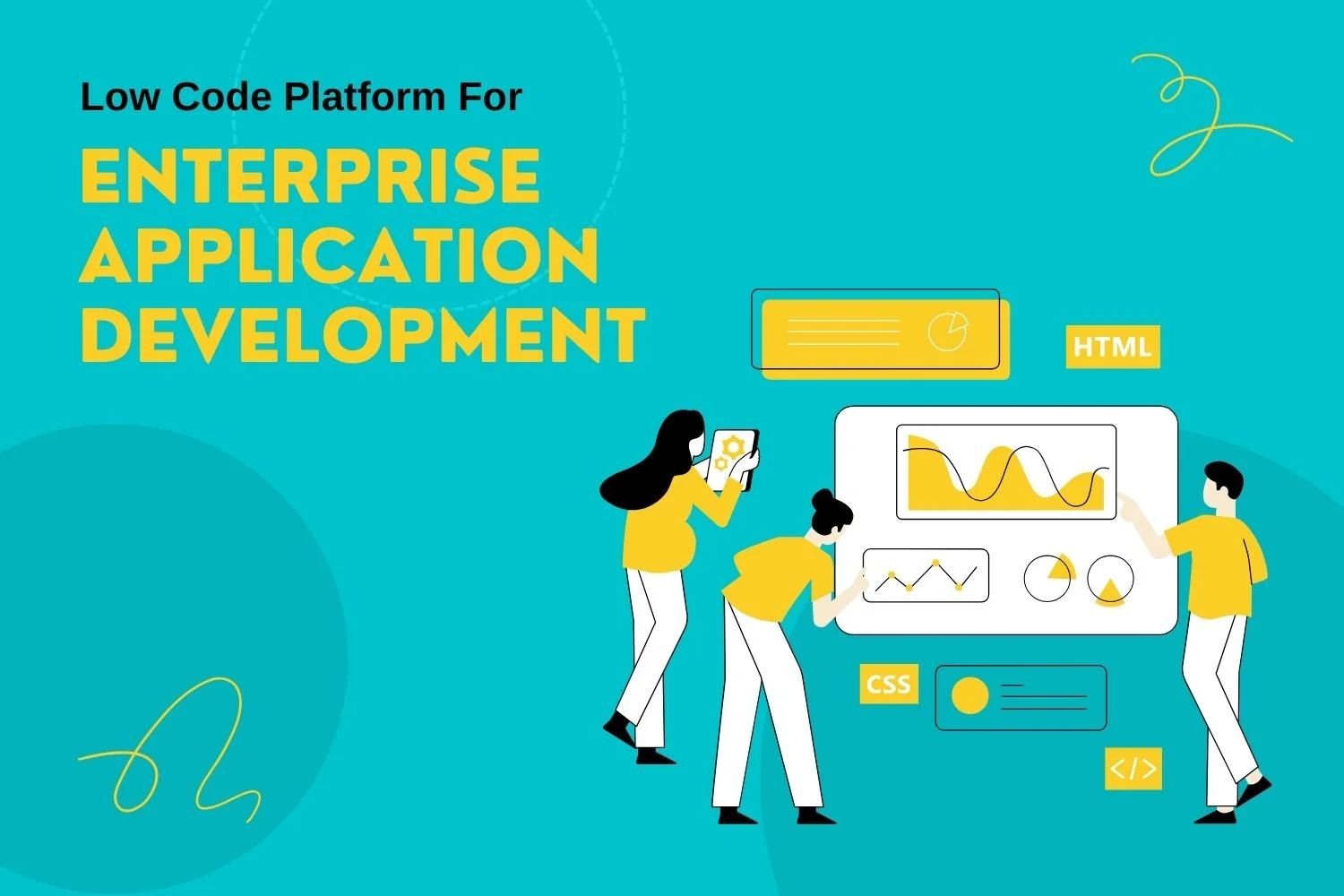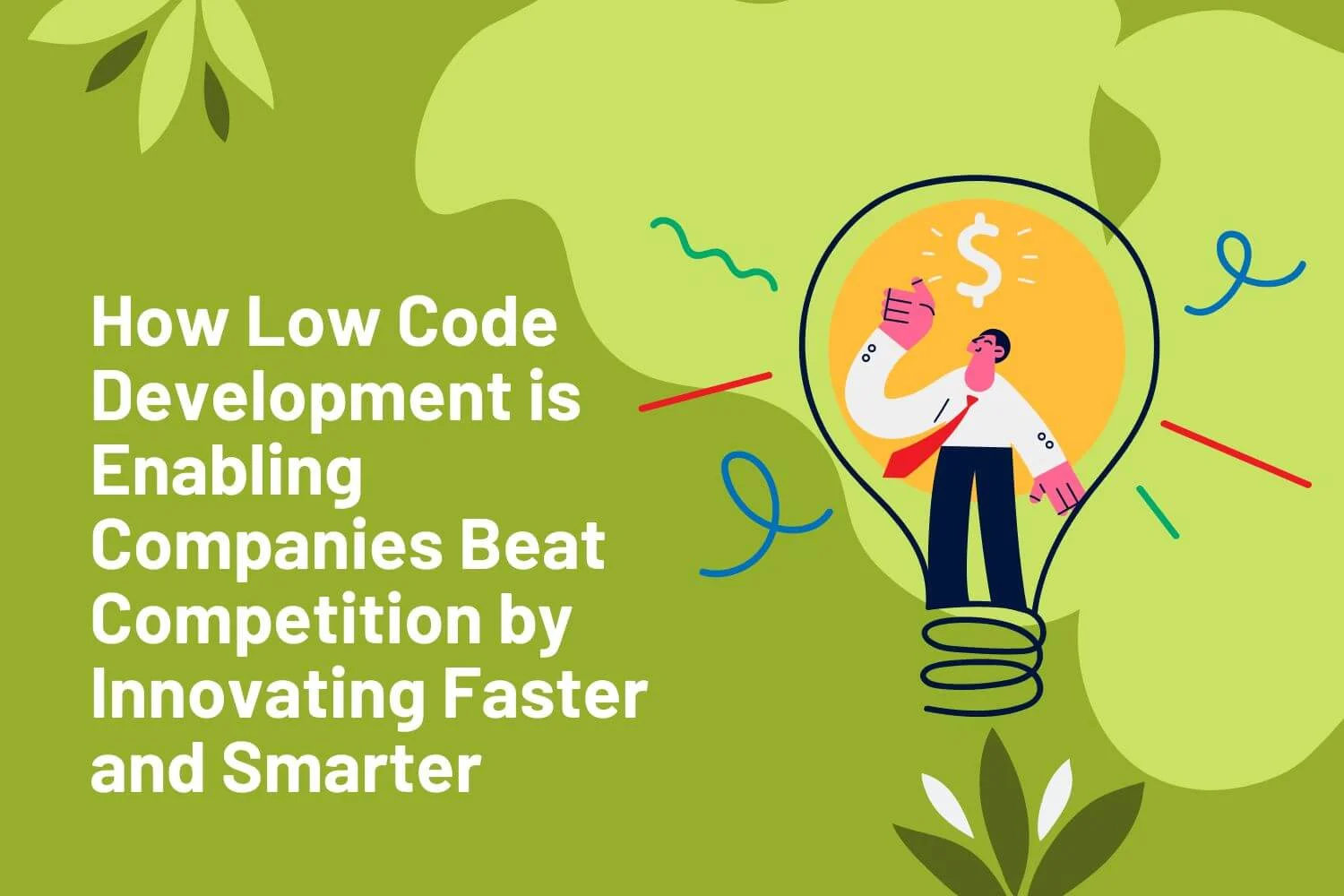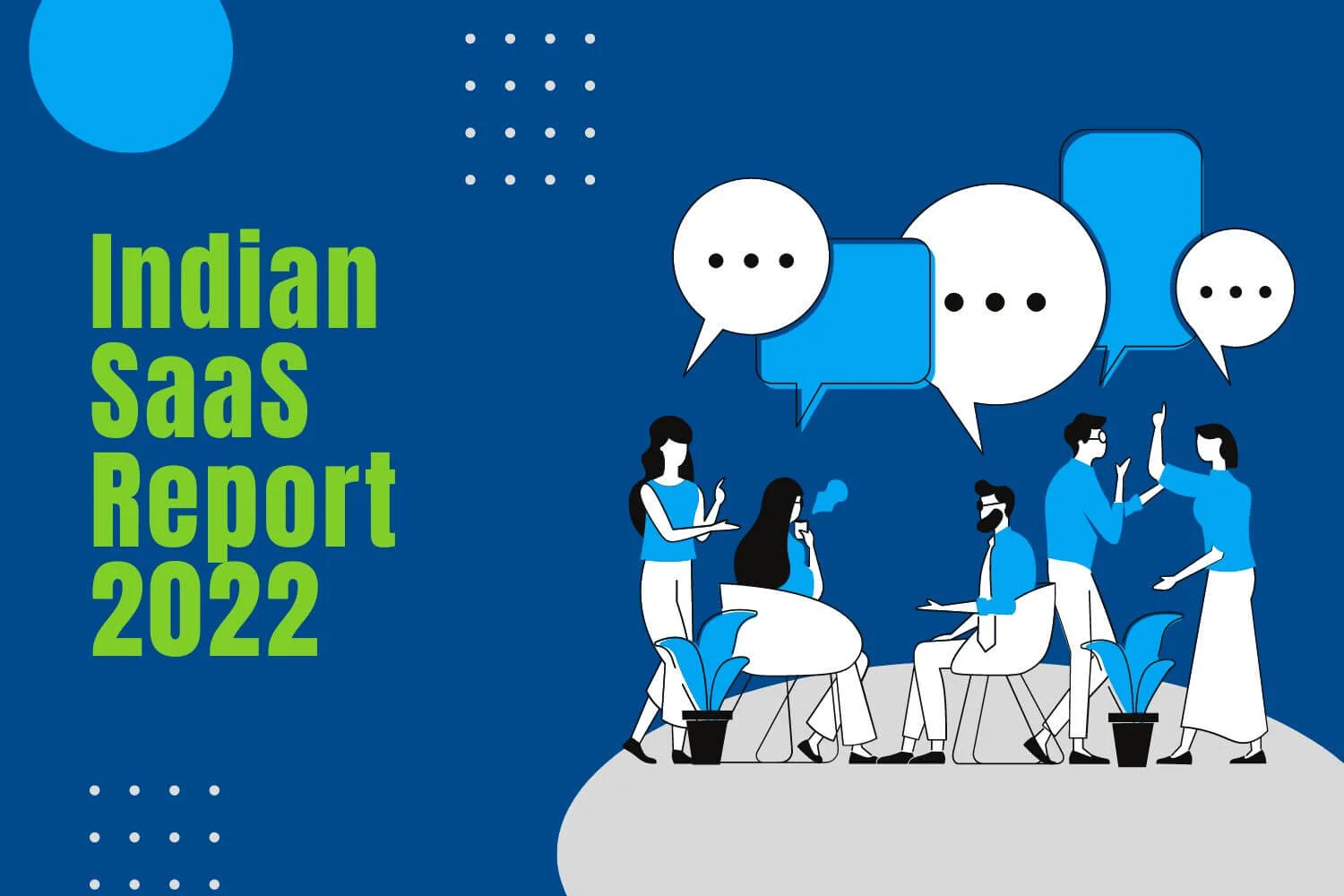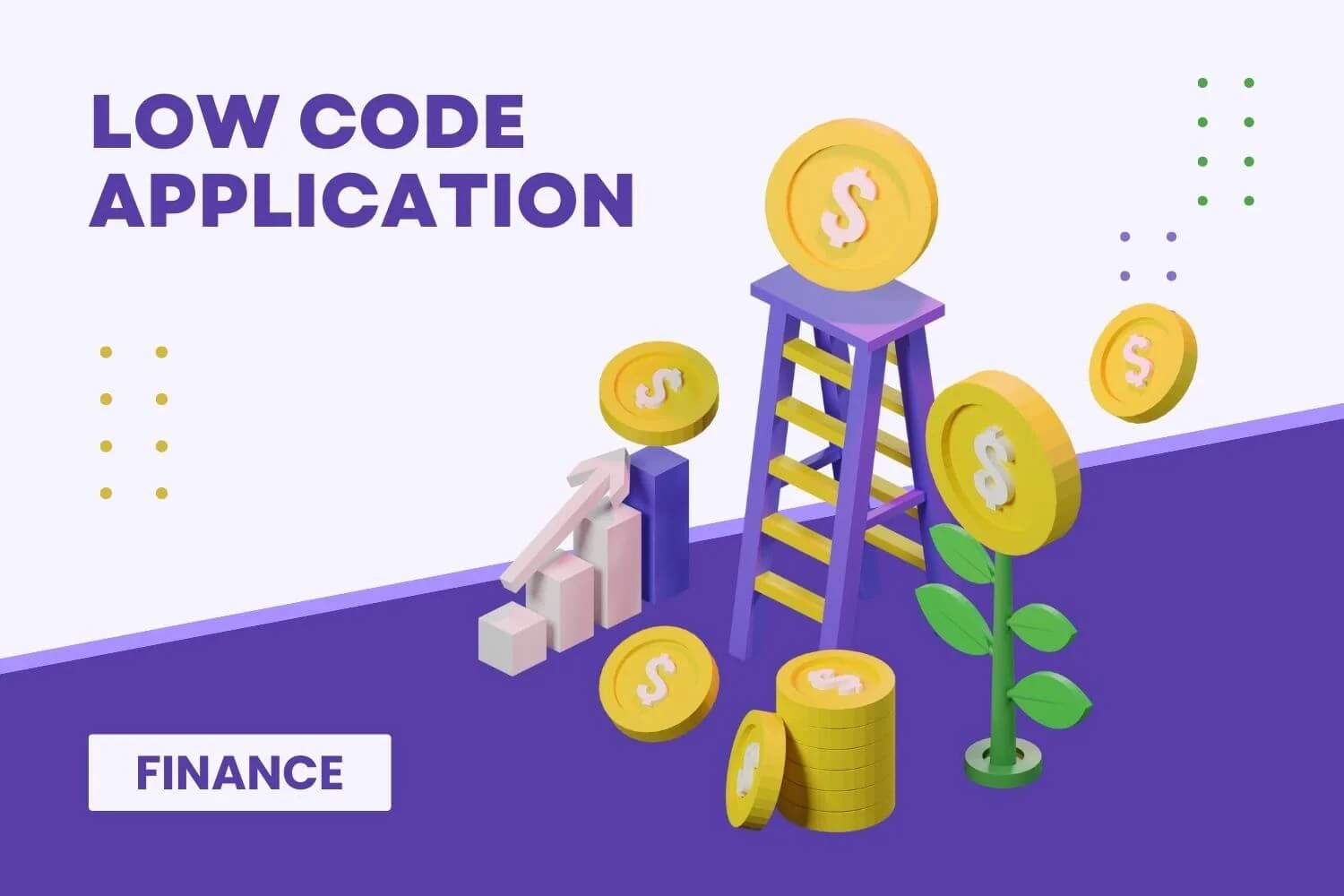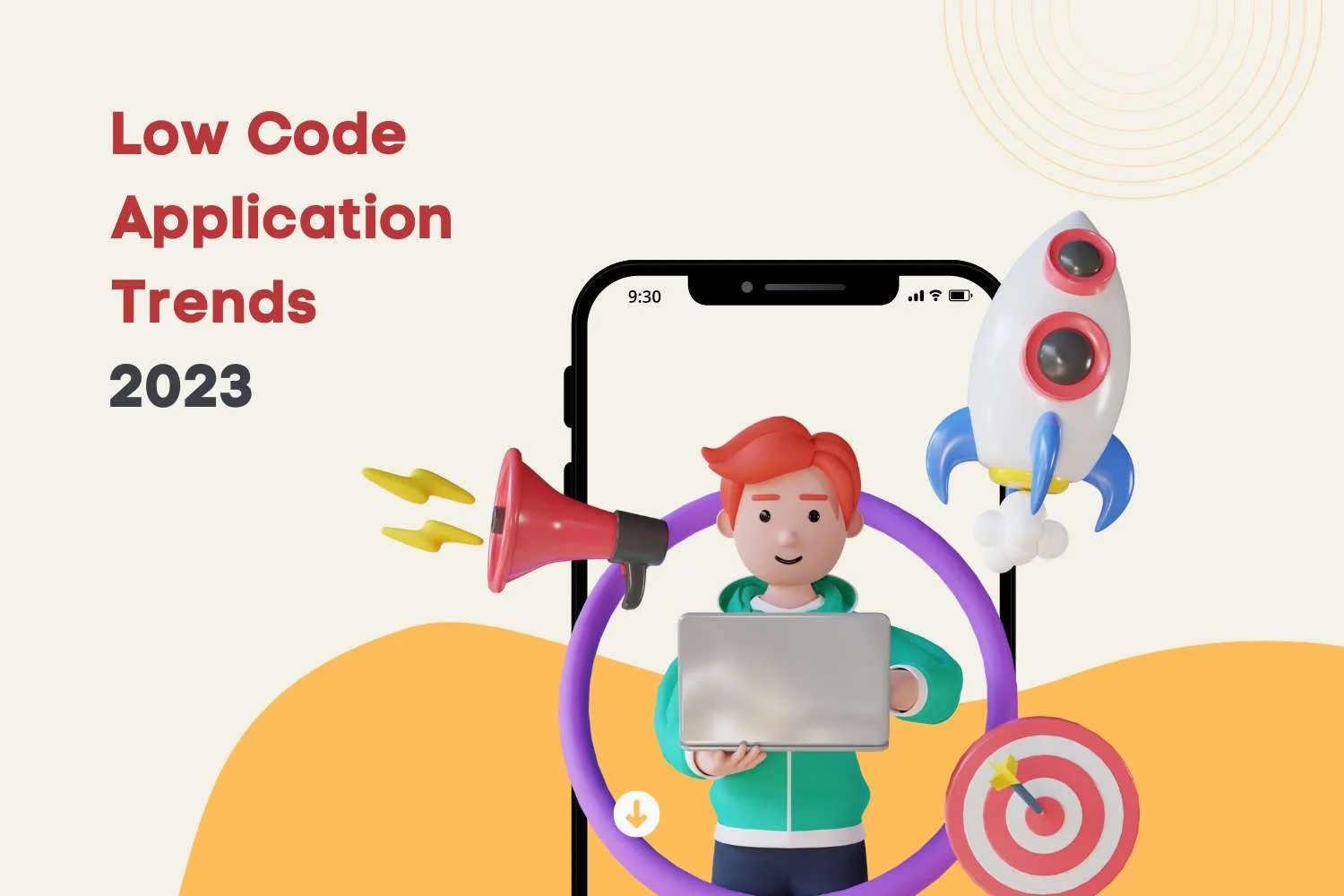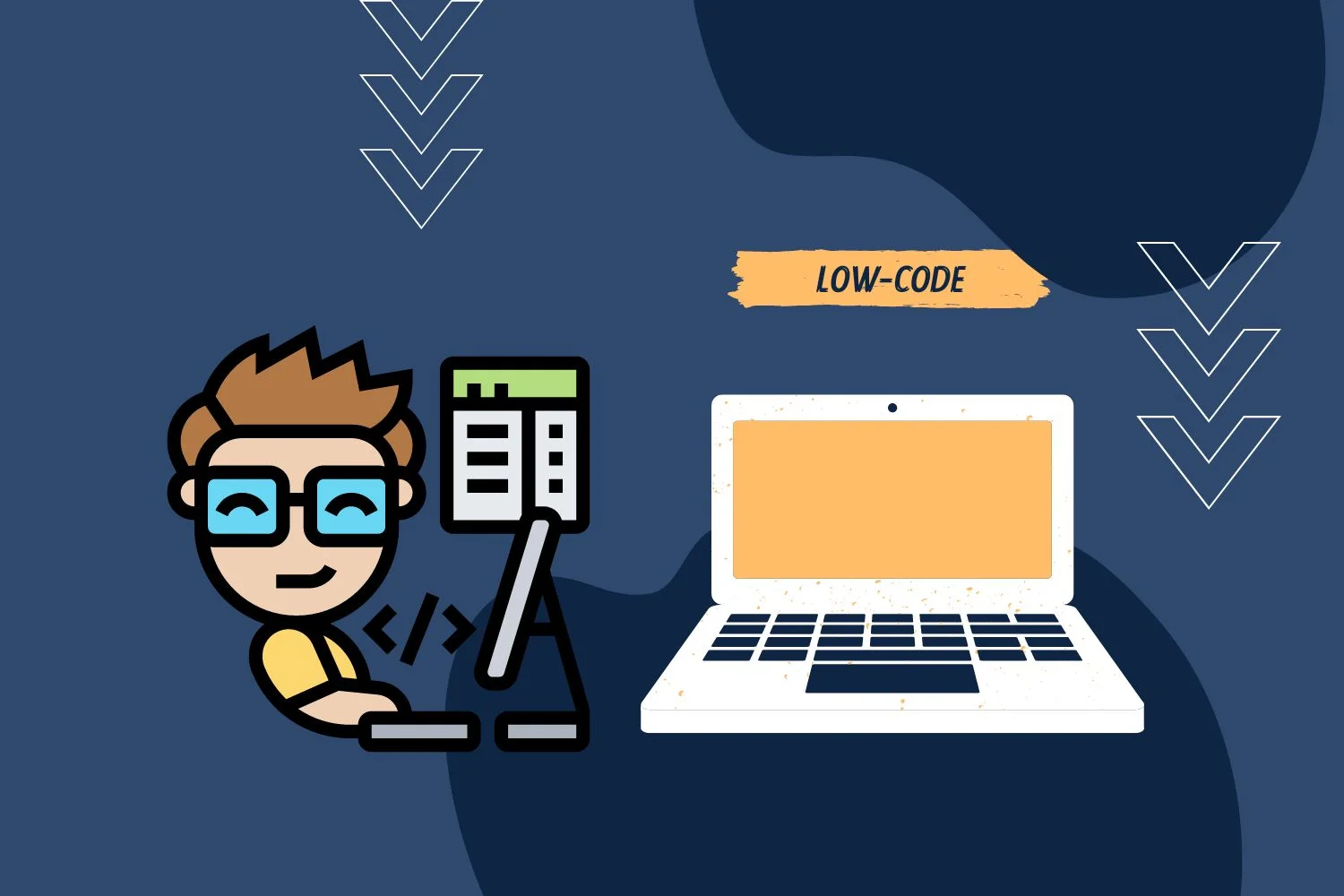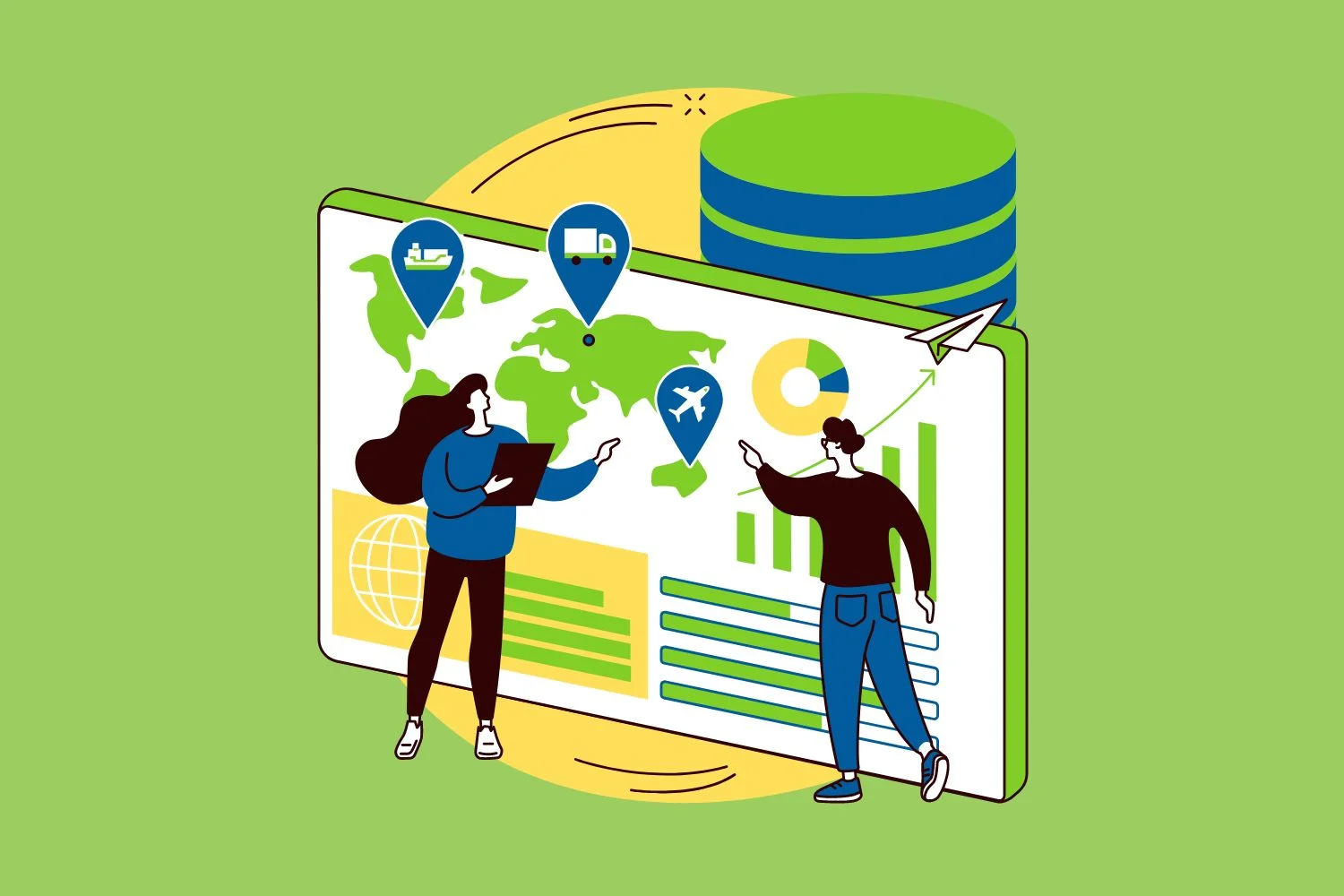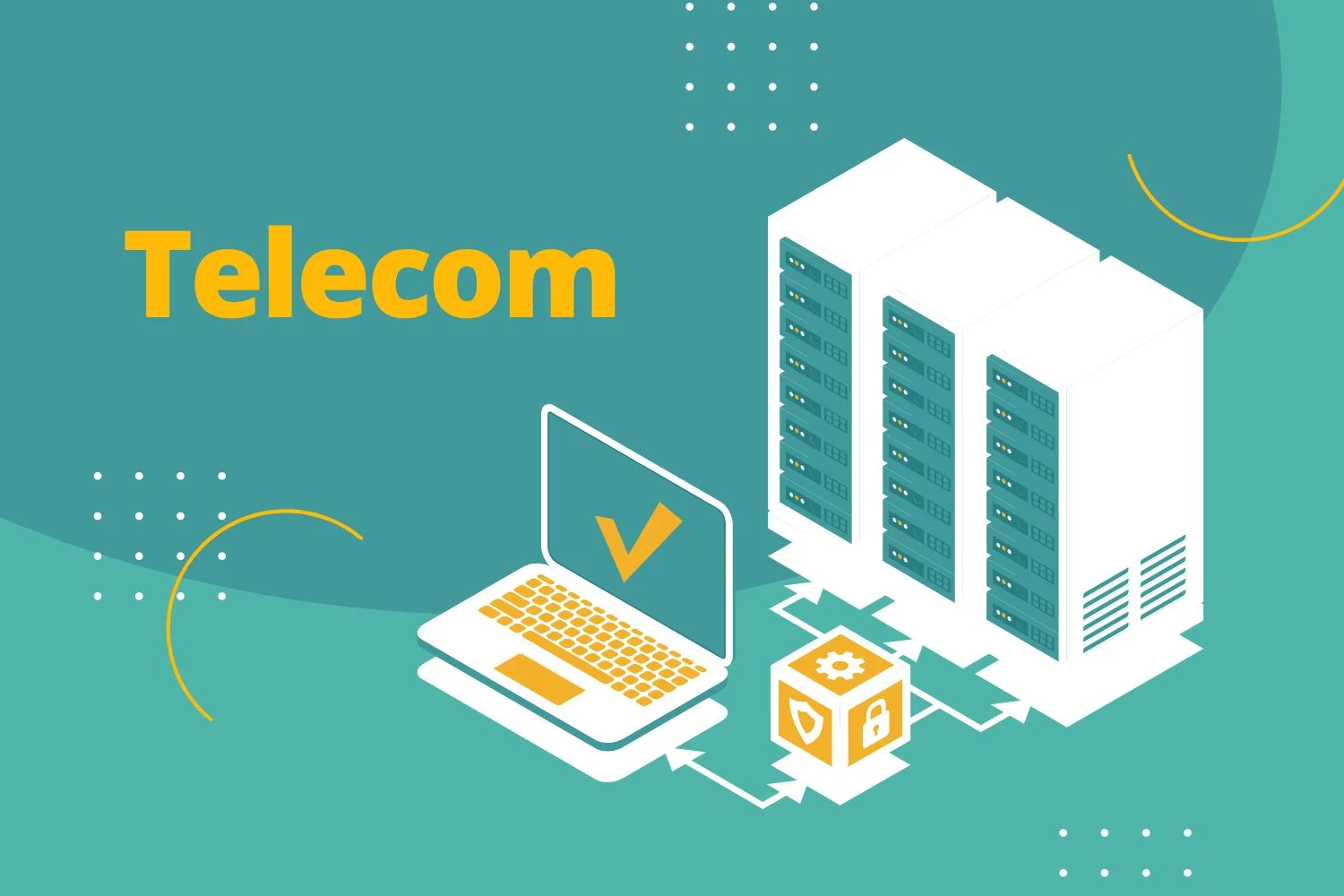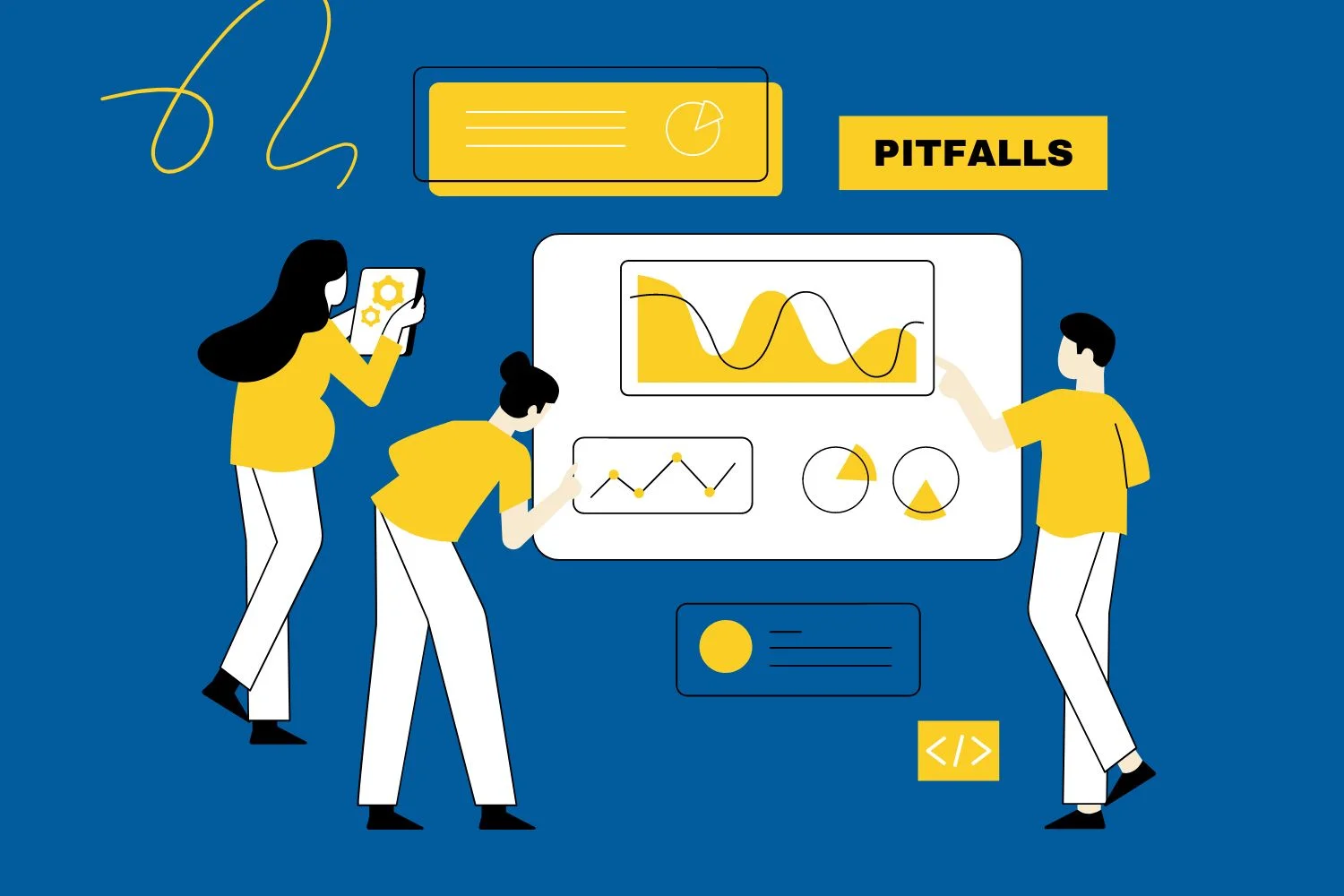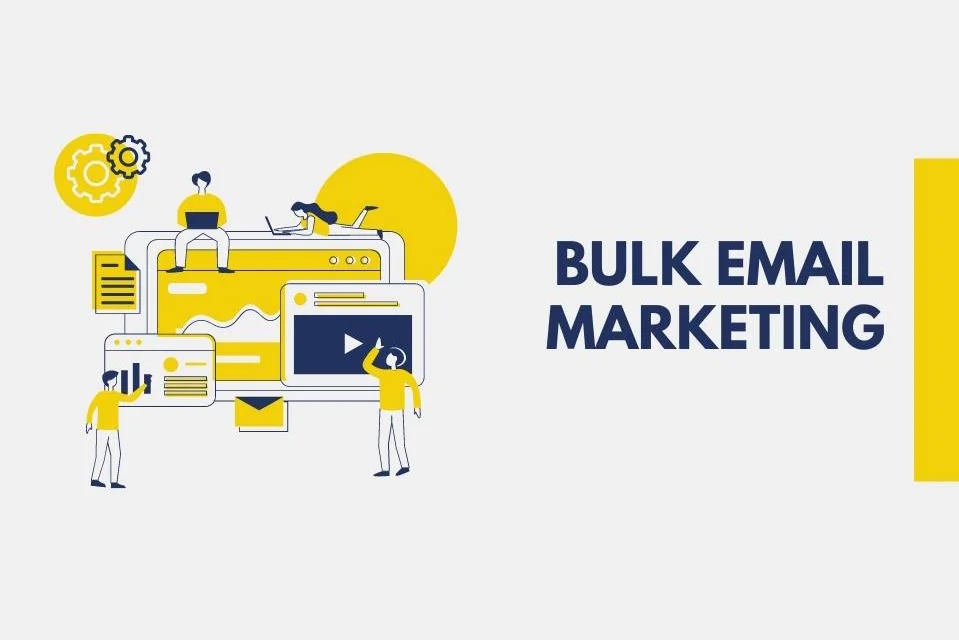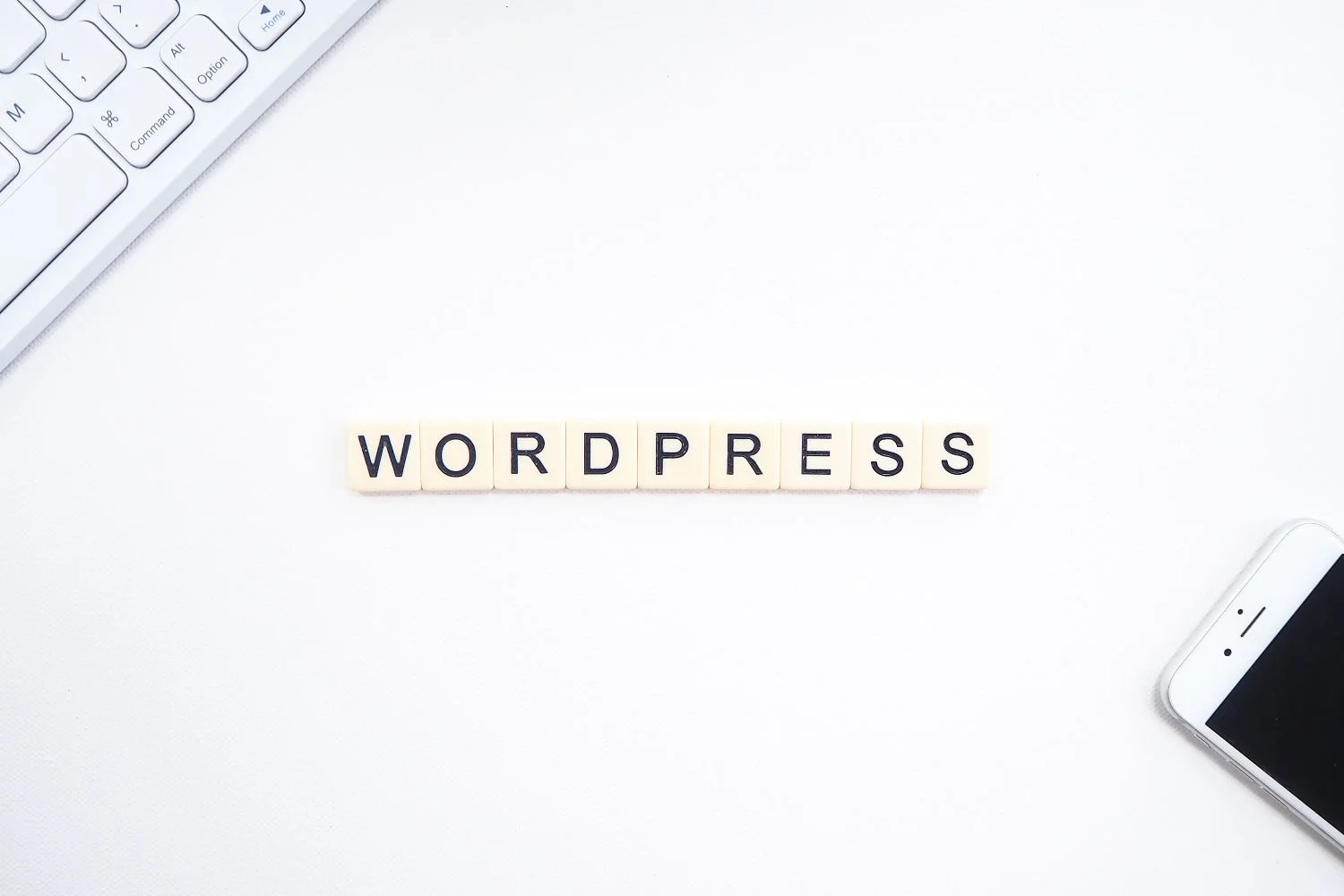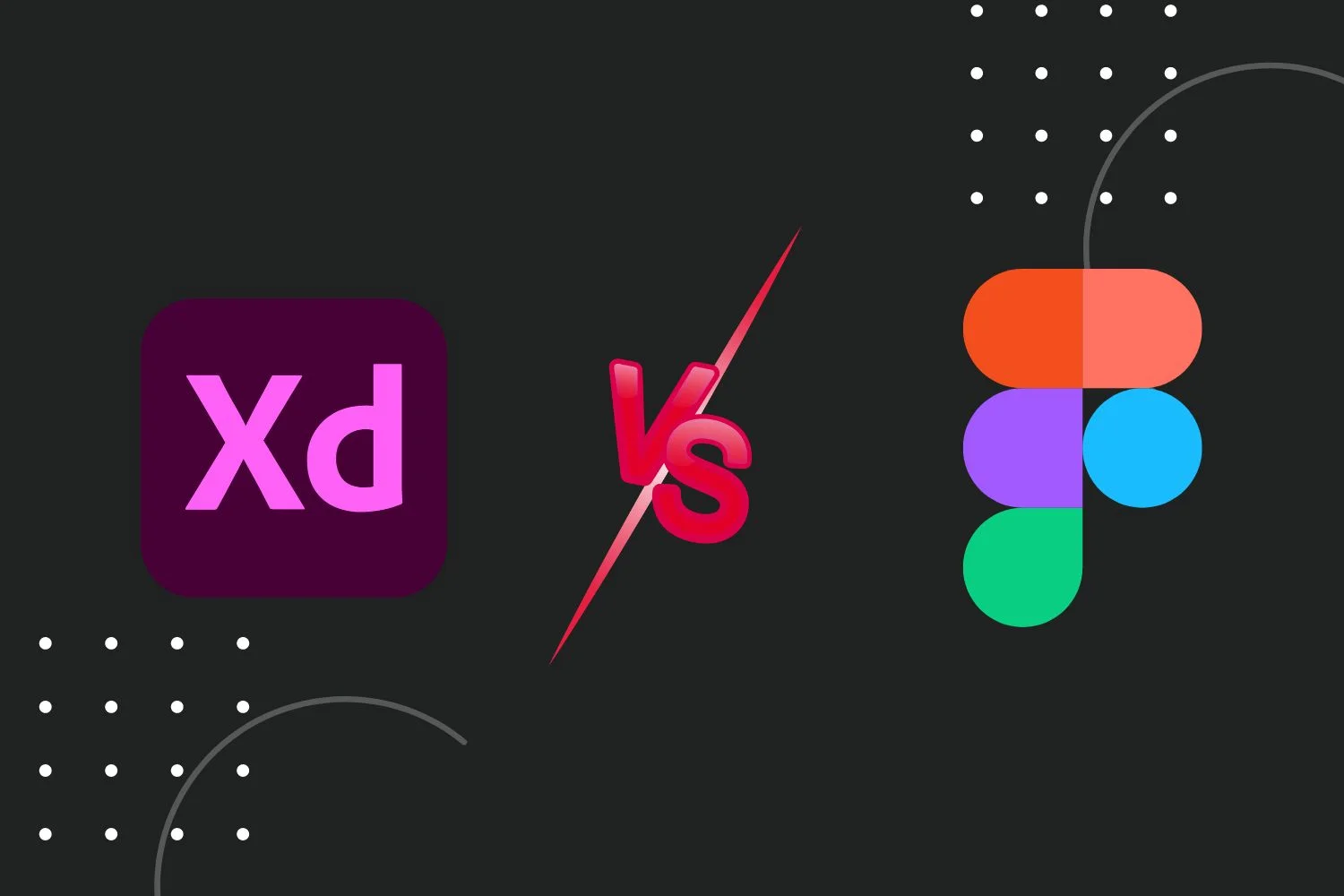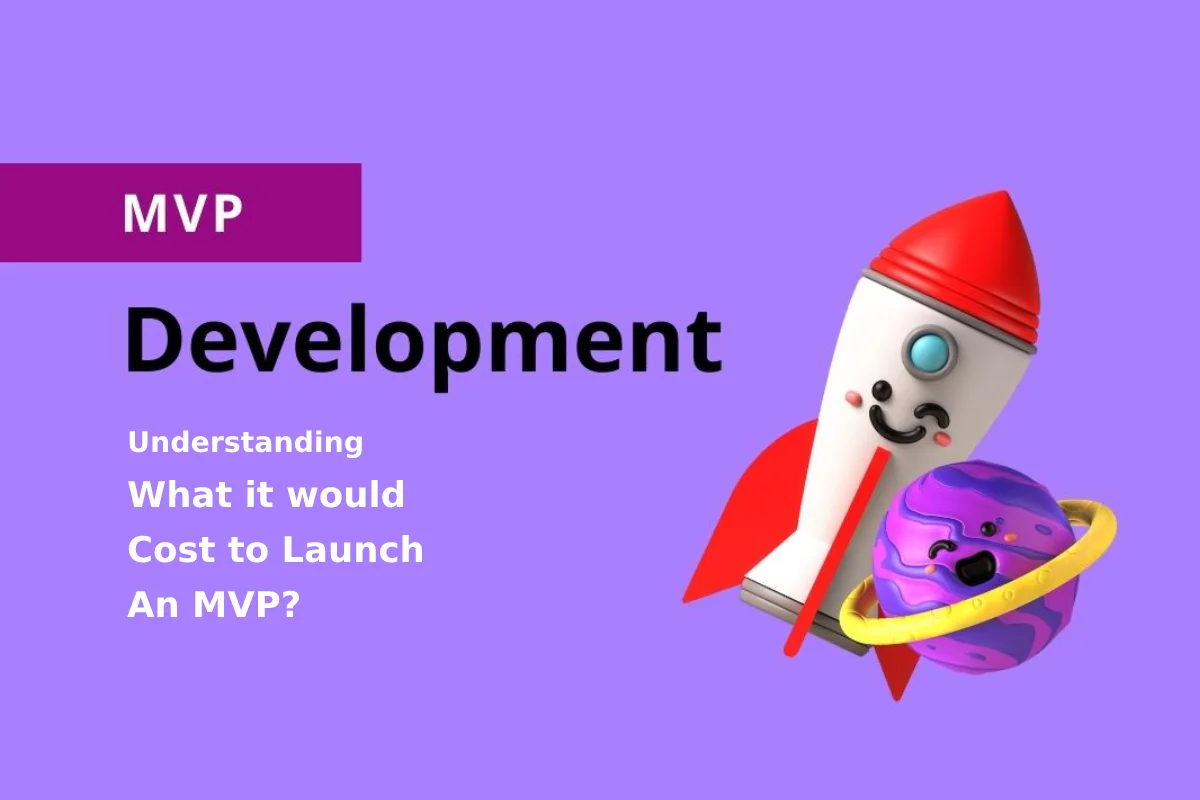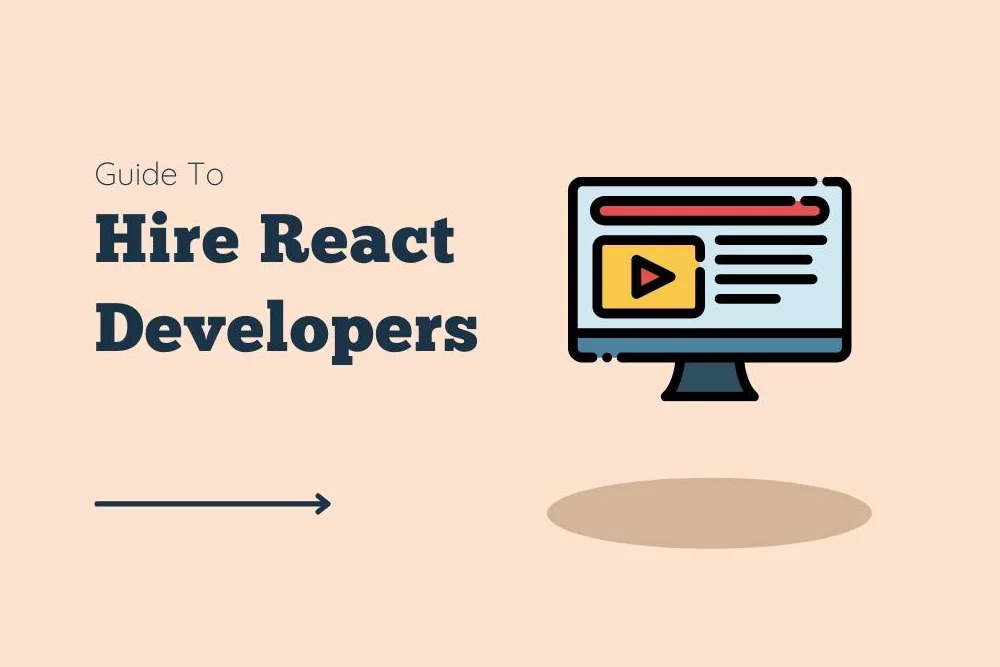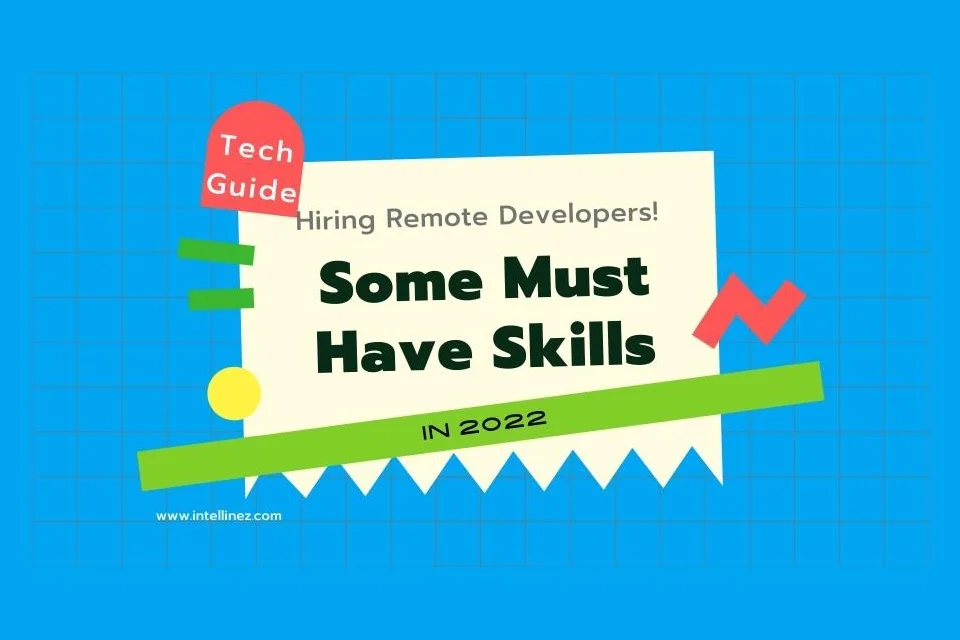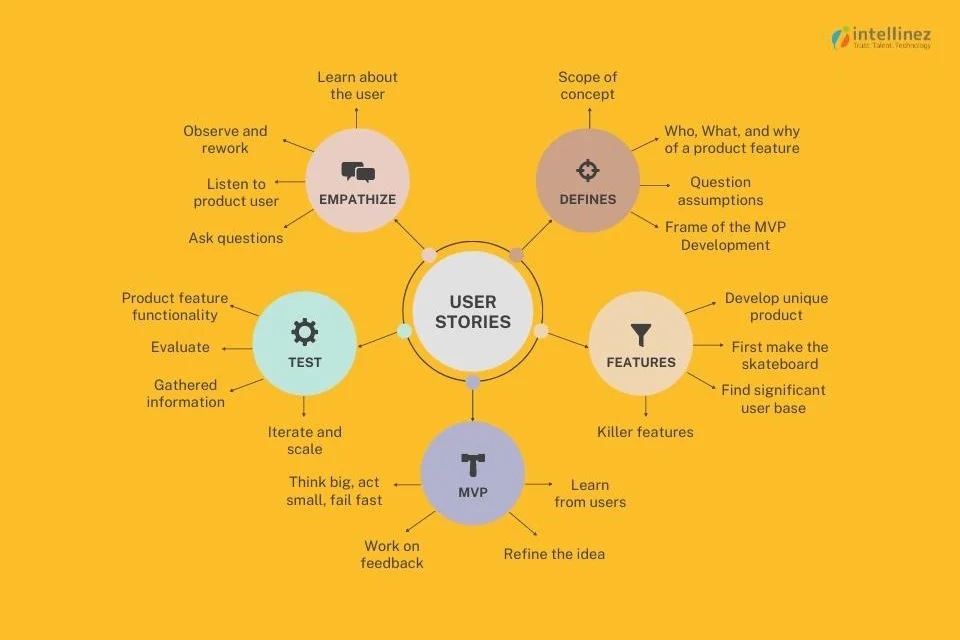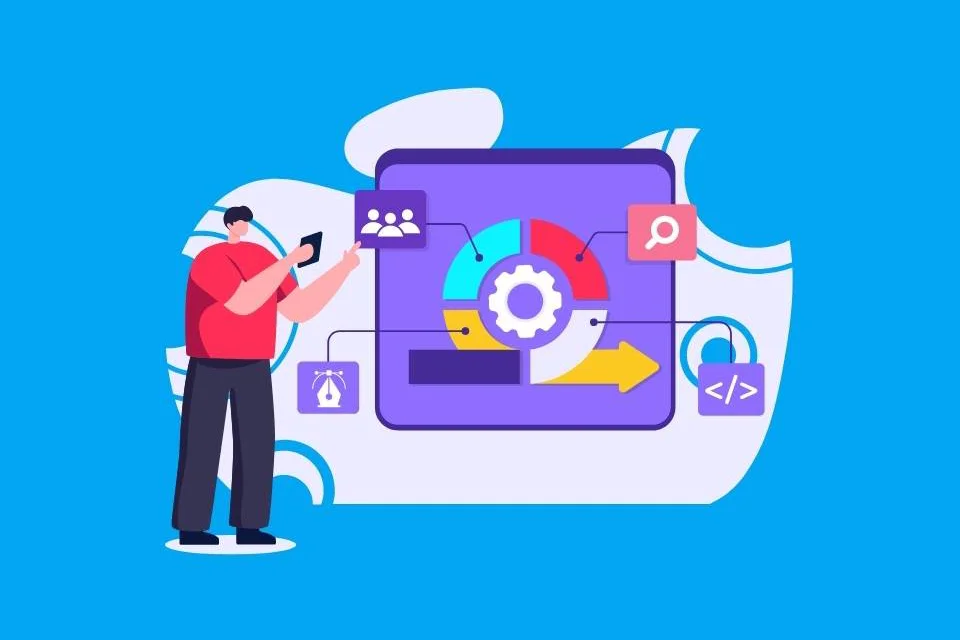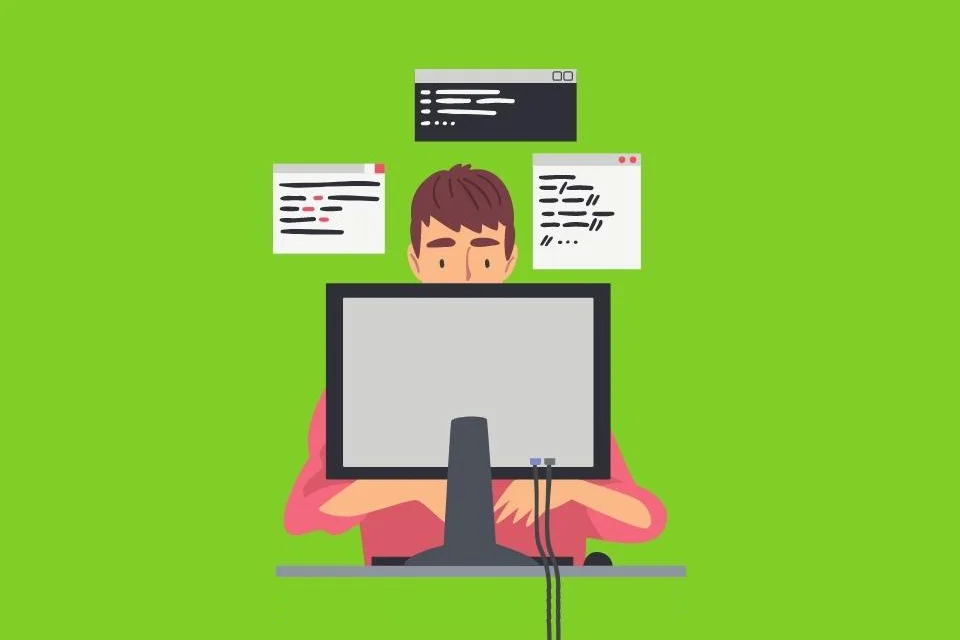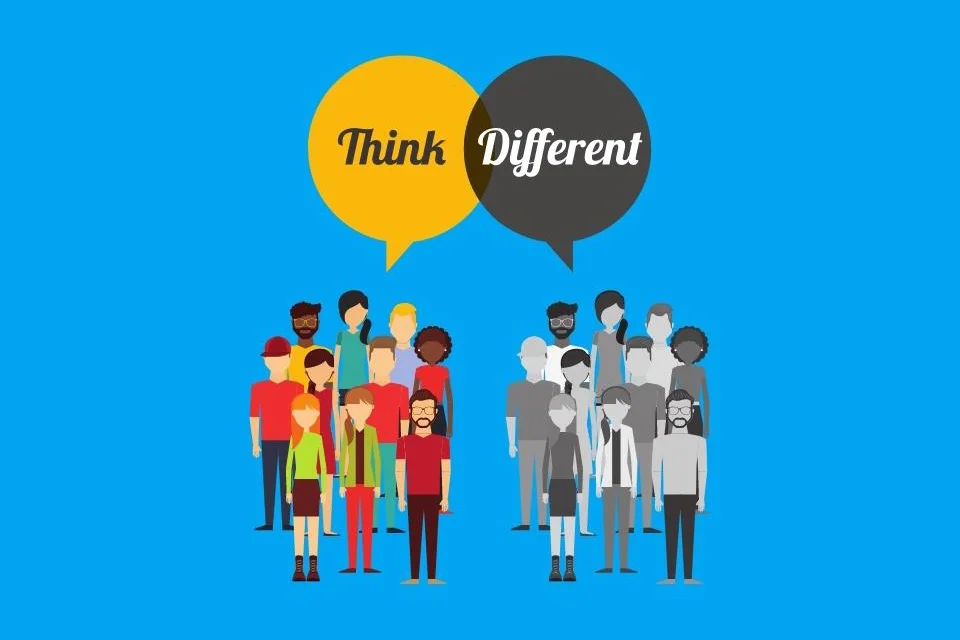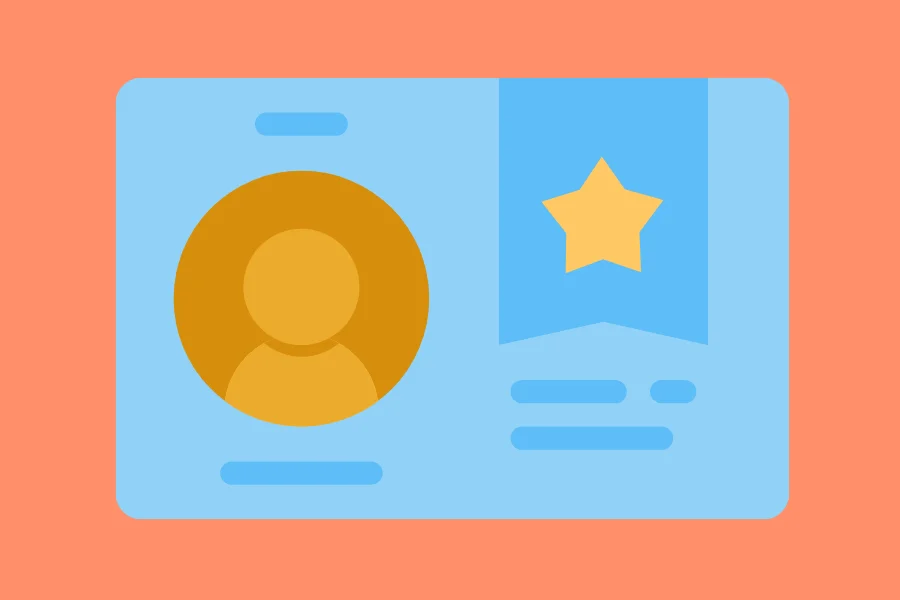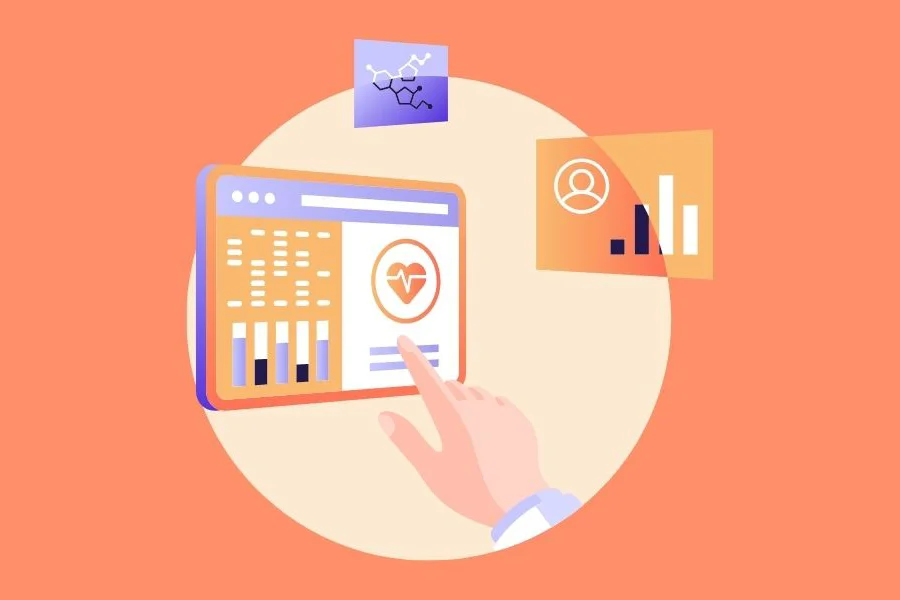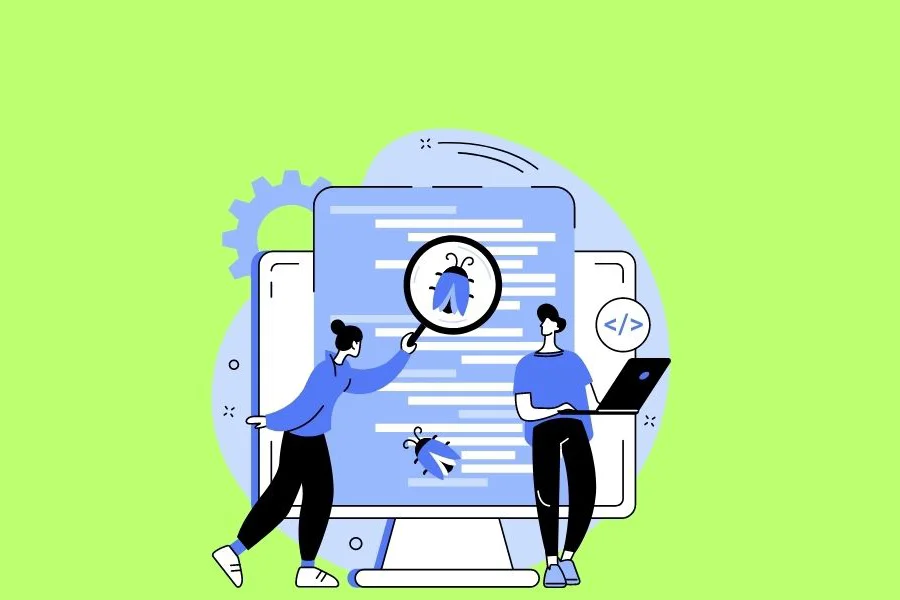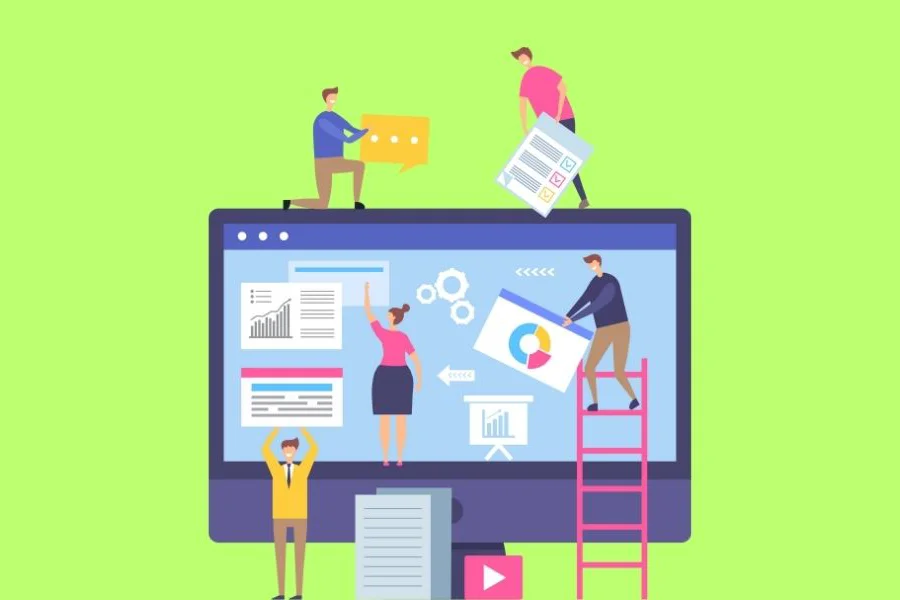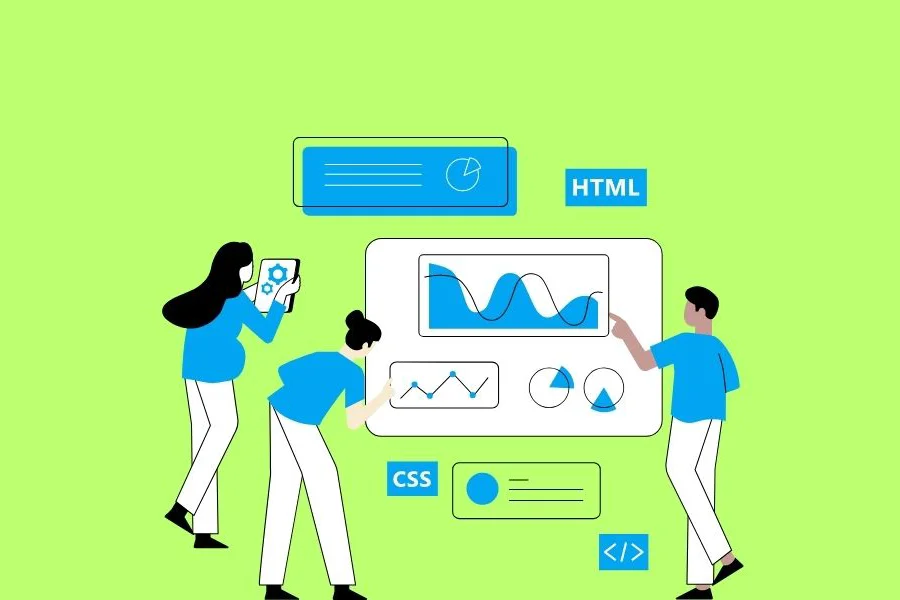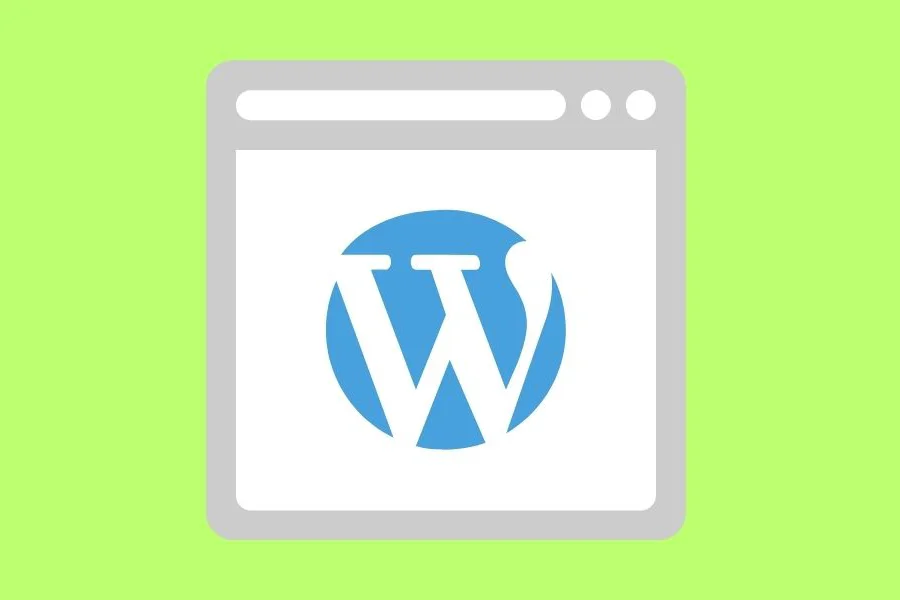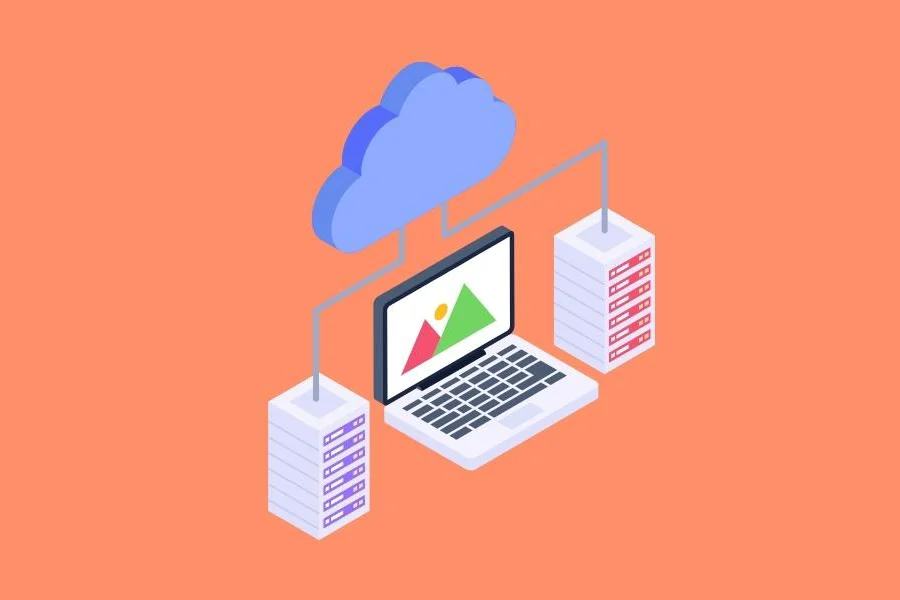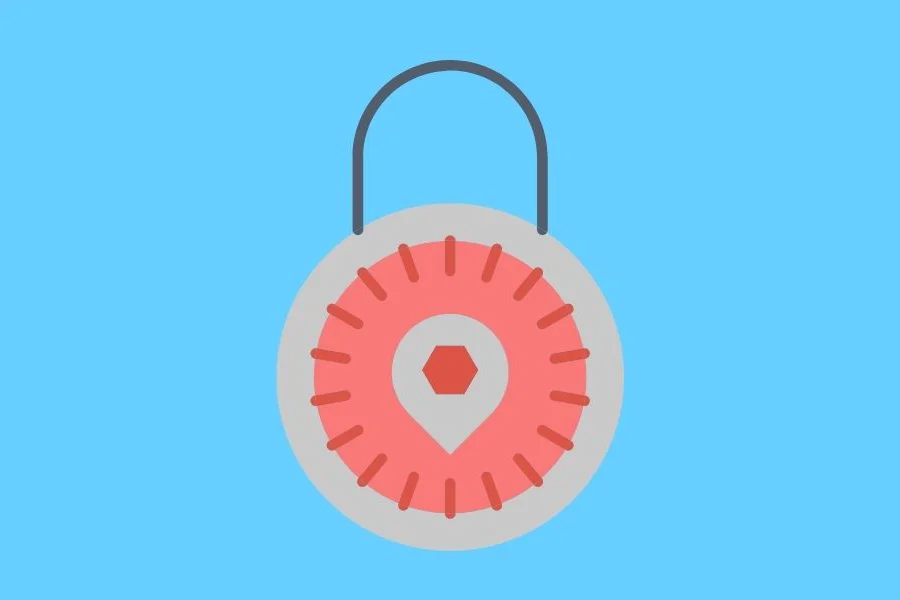- Scope of Low-Code in Healthcare App Development
- Benefits of Low Code Development for Healthcare App
- Opportunity for Healthcare Professionals to Build Apps
- Enables Large Scale Clinical Testing
- Building Scheduling systems Using Low Code
- What are the Different Types of Healthcare Apps Supported by Low-Code?
- Electronic Health Records (EHR) integration app
- Clinical Decision Support app
- Telemedicine app
- Patient Portal app
- Medication Management app
- Clinical Trials Management app
- Workflow Automation app
- Low-Code App Development with Intellinez
Low code in healthcare sector is all set to do wonders, coupled with the fact that our world is one of constant change, disruption, and expansion. The emergence of telemedicine, the adoption of electronic recordkeeping, and the creation of patient-facing applications to improve and personalize the patient experience are just a few examples of the rapid digital innovation that is transforming the healthcare industry.
The adoption of low code development in healthcare industry is a result of the requirement for digital infrastructure to connect, cooperate, and improve. The needs of the diverse disciplines of healthcare cannot be satisfied by apps that are universal in design. To respond to the demands of patients and healthcare professionals in real-time, development cycles must be hastened.
Scope of Low Code in Healthcare App Development
Improved health, better quality of and reduced costs are the holy-grail of a successful healthcare service. Exactly why, the healthcare sector is always keen on implementing technology to fasten their delivery while maintaining accuracy.
In the pursuit of the same, low code development is a rapidly growing trend in this sector, enabling professionals to easily build apps for improved patient care. With its user-friendly interface and pre-built templates, low code development is accessible to non-technical staff, enabling them to participate in the development process.
Gartner predicts that over half of low-code customers will come from outside the IT industry by 2025. In this blog, we will explore the scope of low code in healthcare and the benefits it can bring to the sector.
Benefits of Using Low Code In Healthcare App Development
From scheduling systems and drug discovery to patient engagement and data management, the scope of low code development in healthcare sector is vast. Here’s a quick run-through of the key benefits of low-code development for this sector.
- Rapid deployment:
Low code platforms allow healthcare organizations to create and deploy custom applications quickly and easily, without the need for extensive coding knowledge. This enables healthcare organizations to respond to changing business needs and requirements in a timely manner. - Improved efficiency:
Low code platforms can help automate and streamline repetitive tasks, such as appointment scheduling, patient registration, and billing, freeing up staff to focus on patient care and improving overall efficiency. - Improved access to patient data:
Low code platforms can be used to create custom applications that integrate with electronic health records (EHR) systems, making it easier for healthcare providers to access patient data and improve care coordination. - Better compliance and security:
Low code platforms provide built-in controls and reduce the risk of human error, which can help healthcare organizations comply with regulations and ensure the security of patient data. - Cost-effective:
Low code development can be more cost-effective than traditional software development, as it requires less time and resources to create and deploy custom applications. - Flexibility:
Fully customizable and scalable as per on-demand needs of the healthcare ecosystem. - Improved patient engagement:
Low code in healthcare creates patient portals, telemedicine, and medication management apps which can improve patient engagement and satisfaction. - Population health management:
Low code platforms can create applications that help healthcare organizations manage and analyze large amounts of patient data, which can be used to identify and address population health issues.
Opportunity for Healthcare Professionals to Build Apps
Since low code platforms are user-friendly, healthcare professionals with no coding experience can create applications.
Some low code development platforms offer drag-and-drop interfaces and pre-built templates that make it easy for non-technical users to create and deploy applications.
Additionally, many low-code platforms provide training and tutorials to help healthcare professionals learn the platform and develop their skills. Gartner’s 2021 research shows that over 41% of non-IT staff create or modify technological solutions across various industries. Additionally, Gartner predicts that by 2025, over half of low-code customers will be individuals outside of the IT industry.
Enables Large Scale Clinical Testing
Drug discovery relies heavily on repetitive testing and documentation of results, making it an ideal candidate for automation. Softwares for low code in healthcare can create agile applications that control the necessary hardware for mixing reagents, conducting tests, and documenting results more efficiently than manual methods. Furthermore, the low code solution can easily adapt to any changes in the formulation process.
Building Scheduling systems Using Low Code
Healthcare providers have utilized low code software to quickly create scheduling systems. For example, a healthcare service in the USA developed an application for vaccinating over 10,000 healthcare workers in ten days.
Additionally, low code solutions often come with a side component that facilitates data exchange with central systems using formats like JSON and XML, defined by HL7 FHIR.
The healthcare industry already utilizes RPA and business process management in their IT infrastructure. Additionally, orchestration engines are frequently used to facilitate the movement of data between diverse and separate systems.
Low code software is effective in handling end-to-end orchestration between bots, patients, providers, and payers, without requiring the time and effort typically needed for a fully engineered and tested solution.
Low Code in healthcare: What are the Different Types of Healthcare Apps Supported by Low Code ?
Low code development is useful in a variety of healthcare apps, including:
Electronic Health Records (EHR) Integration App
EHR (Electronic Health Record) is a digital version of a patient’s medical history.
To integrate low-code development with EHR, you can use a low-code development platform that provides pre-built connectors or modules for connecting to EHR systems. EHR data interacts within your application by dragging and dropping these connectors or modules.
Additionally, some EHR vendors may provide their own APIs that can be used to integrate with their systems, which can be utilized in a low-code environment.
It’s important to note that EHR integration can be a complex task and may need to comply with certain regulations such as HIPAA, so it’s important to work with experienced developers and/or consult with a healthcare IT professional to ensure compliance.
Clinical Decision Support App
A low code app that helps physicians and nurses make more informed decisions about patient care by providing real-time access to relevant medical guidelines and protocols. Clinical decision support: Low code platforms can be used to create clinical decision support systems, which can help physicians and nurses make more informed decisions about patient care.
Telemedicine App
A low code app that allows patients to consult with healthcare providers remotely through video conferencing, messaging, or other digital means, improving access to healthcare for people in rural or remote areas.
Low code will be instrumental in bringing down the costs of telemedicine services which could otherwise touch USD 106 billion in 2023.
It helps patients receive medical care remotely, reducing the need for in-person visits and improving access to healthcare for people in rural or remote areas. This proves to be a very fine example of the increasing scope of low code in healthcare sector.
Patient Portal App:
It is an app, which uses low code for healthcare requirements and allows patients to access their medical records, schedule appointments, and communicate with their healthcare providers through a secure, online portal.
Medication Management App:
A low code app that helps patients keep track of their medications, set reminders, and refill prescriptions, reducing the risk of medication errors. A medical management app using low code would allow healthcare providers to easily manage patient information, appointments, and treatment plans.
Clinical Trials Management App:
A low code app that automates and streamlines the clinical trial process, helping researchers collect and analyze data more efficiently and speed up the development of new treatments. Clinical trials management: Low code platforms can be used to create applications that automate and streamline the clinical trial process, making it easier for researchers to collect and analyze data, and helping to speed up the development of new treatments.
Workflow Automation App
A low code app that automates repetitive and time-consuming tasks, such as appointment scheduling, patient registration, and billing, freeing up staff to focus on patient care. . This can streamline and simplify tasks such as patient data management, appointment scheduling, and electronic prescribing, among others. Additionally, low code apps can be easily integrated with existing healthcare systems and EHRs, providing seamless workflow automation.
Low-Code App Development with Intellinez
In conclusion, low code development is a powerful tool for the healthcare sector. It allows for the automation of various workflows and processes, streamlining tasks such as patient data management and appointment scheduling.
With low code development in healthcare, professionals can create and customize applications without needing extensive technical knowledge. This can lead to cost savings and improved efficiency.
There are various types of low code applications available such as process automation, clinical decision support, patient engagement, and more. These solutions can easily integrate with existing healthcare systems and EHRs, providing seamless workflow automation. The healthcare sector can greatly benefit from adopting low code development solutions.
Software Development Services
With Our expertise in Software Development, we can create Custom and Enterprise solutions for multiple platforms ranging from web and mobile to the cloud. We also specialize in SaaS Development, UI/UX services, QA Testing, System Integration and API Development.








































![A Comprehensive Guide to AWS SaaS Architecture [Diagram Included] 81 Aws SaaS Architecture](http://www.intellinez.com/wp-content/uploads/2024/08/Title-image.jpg)














